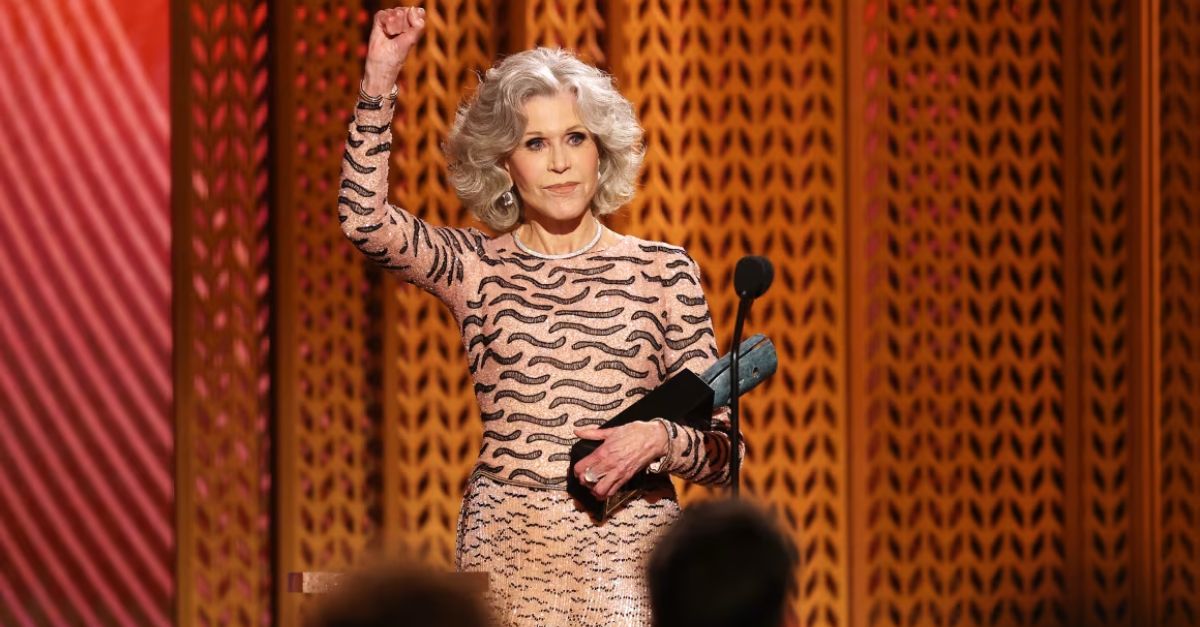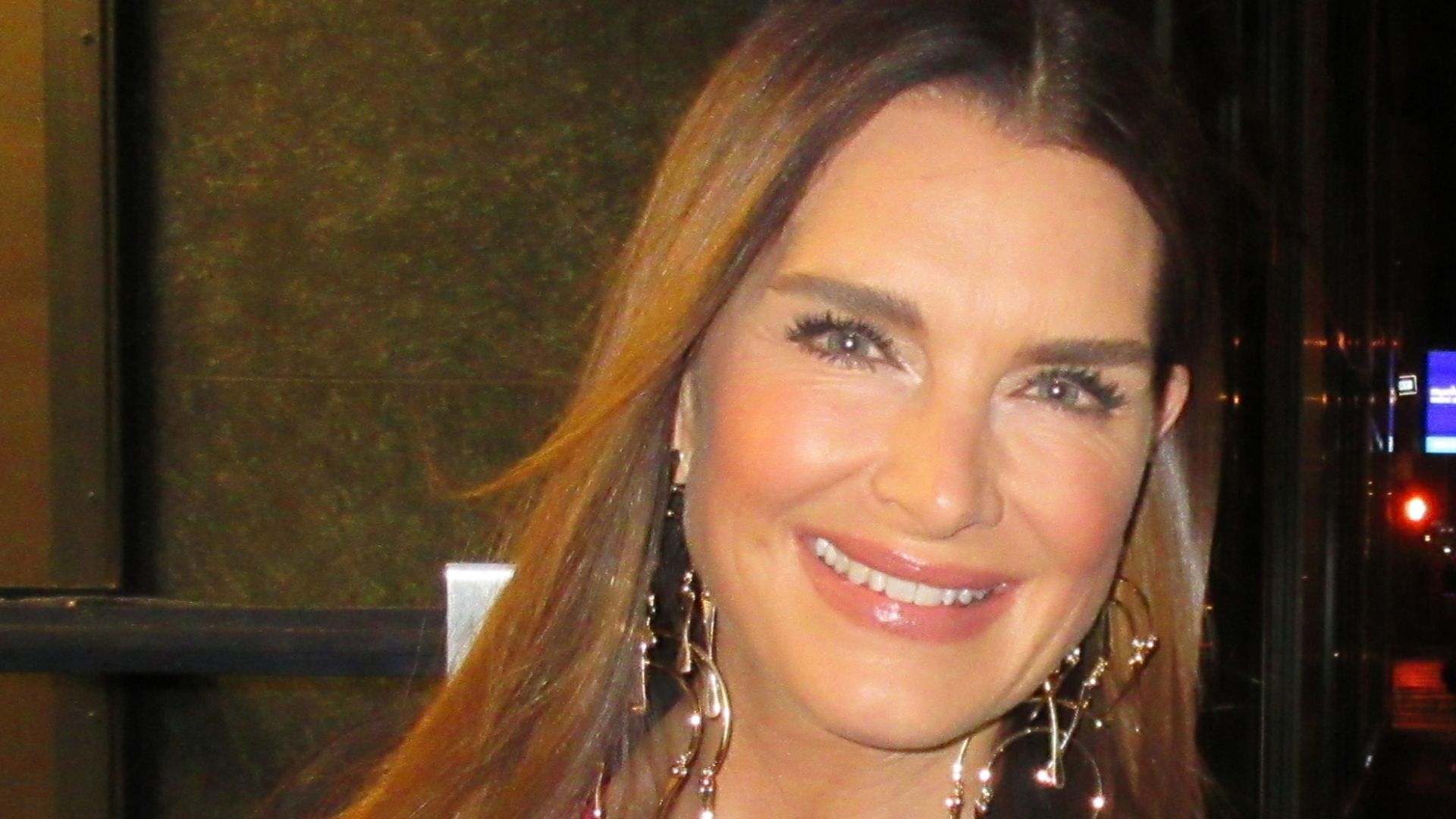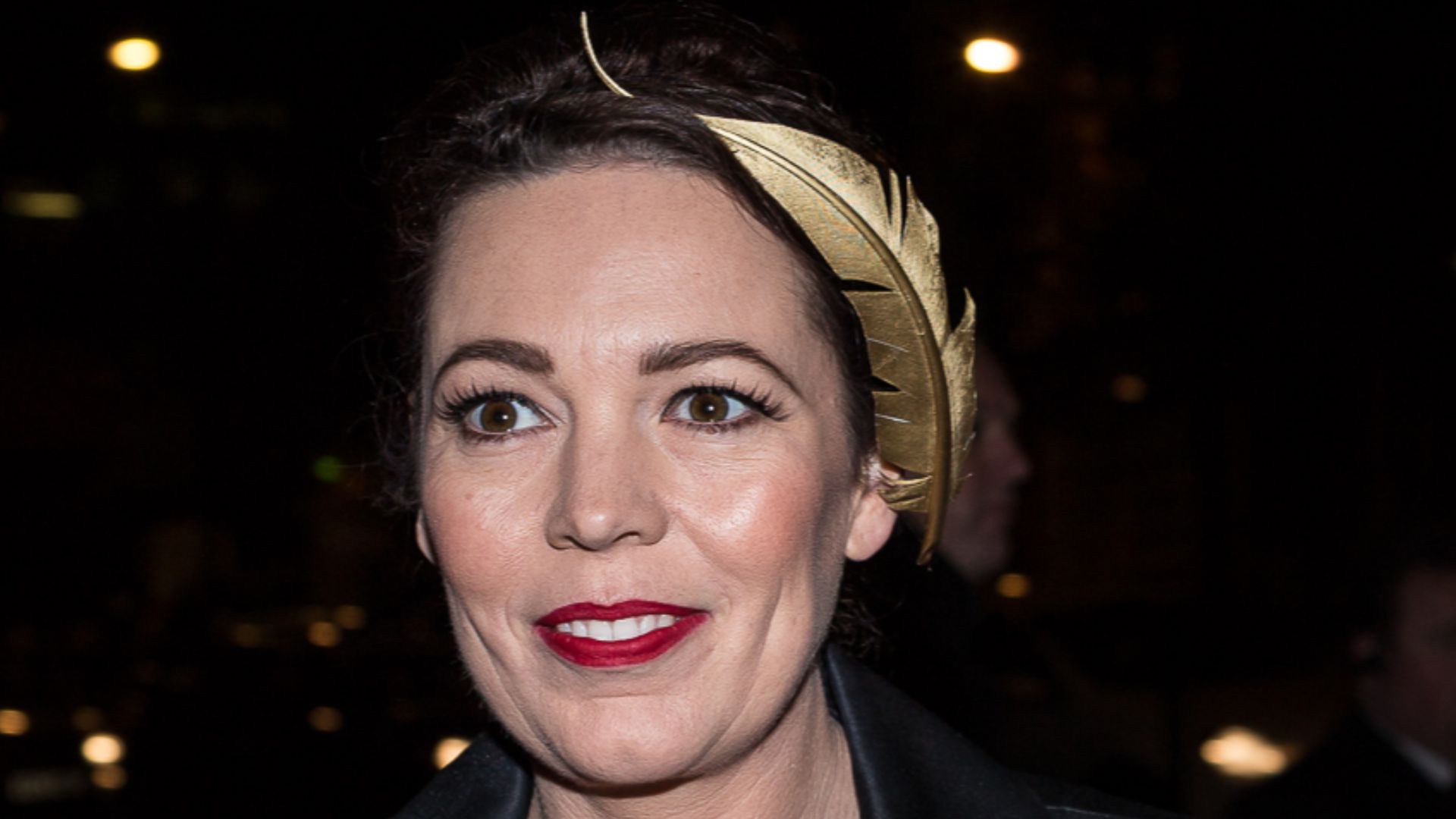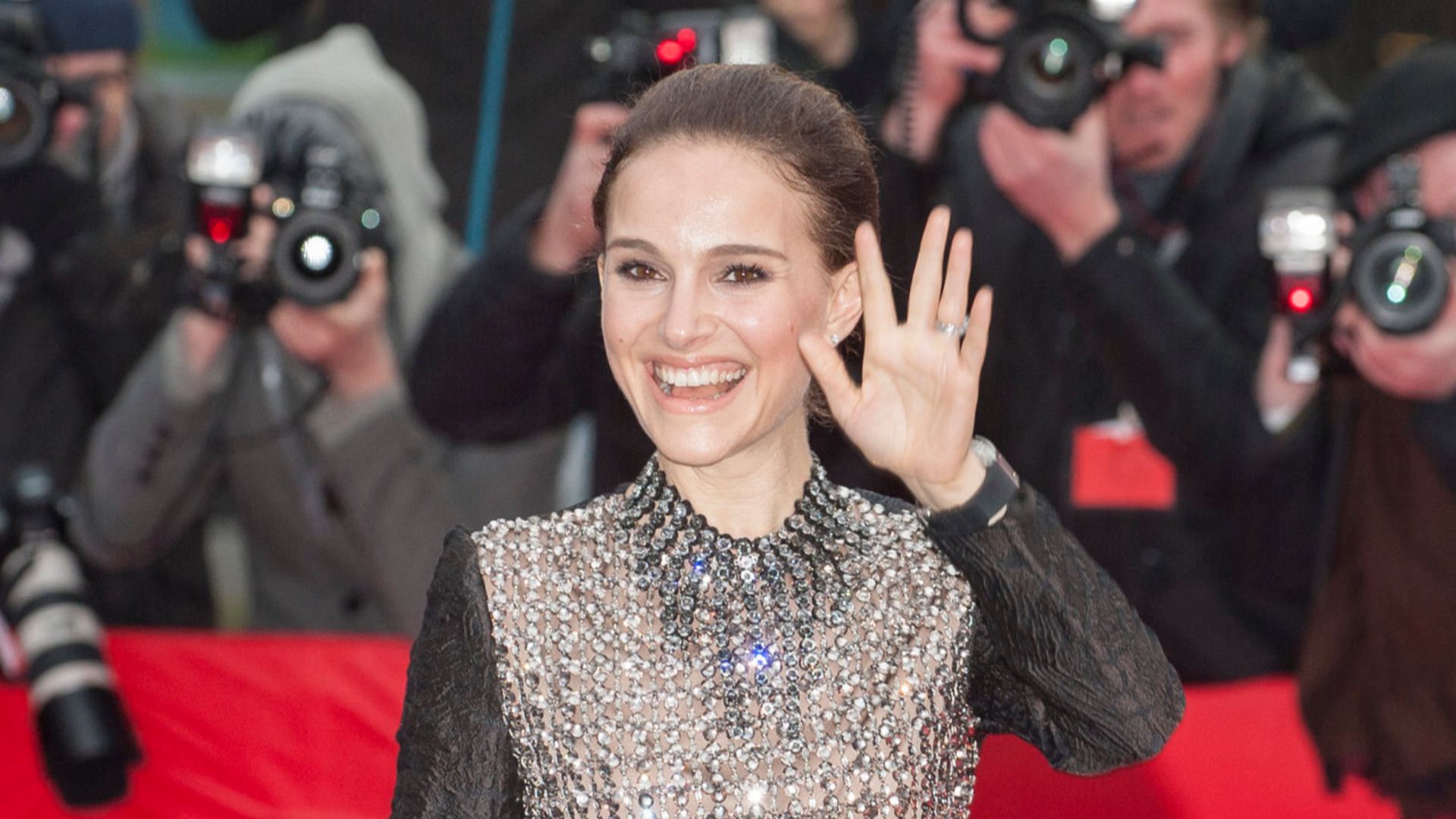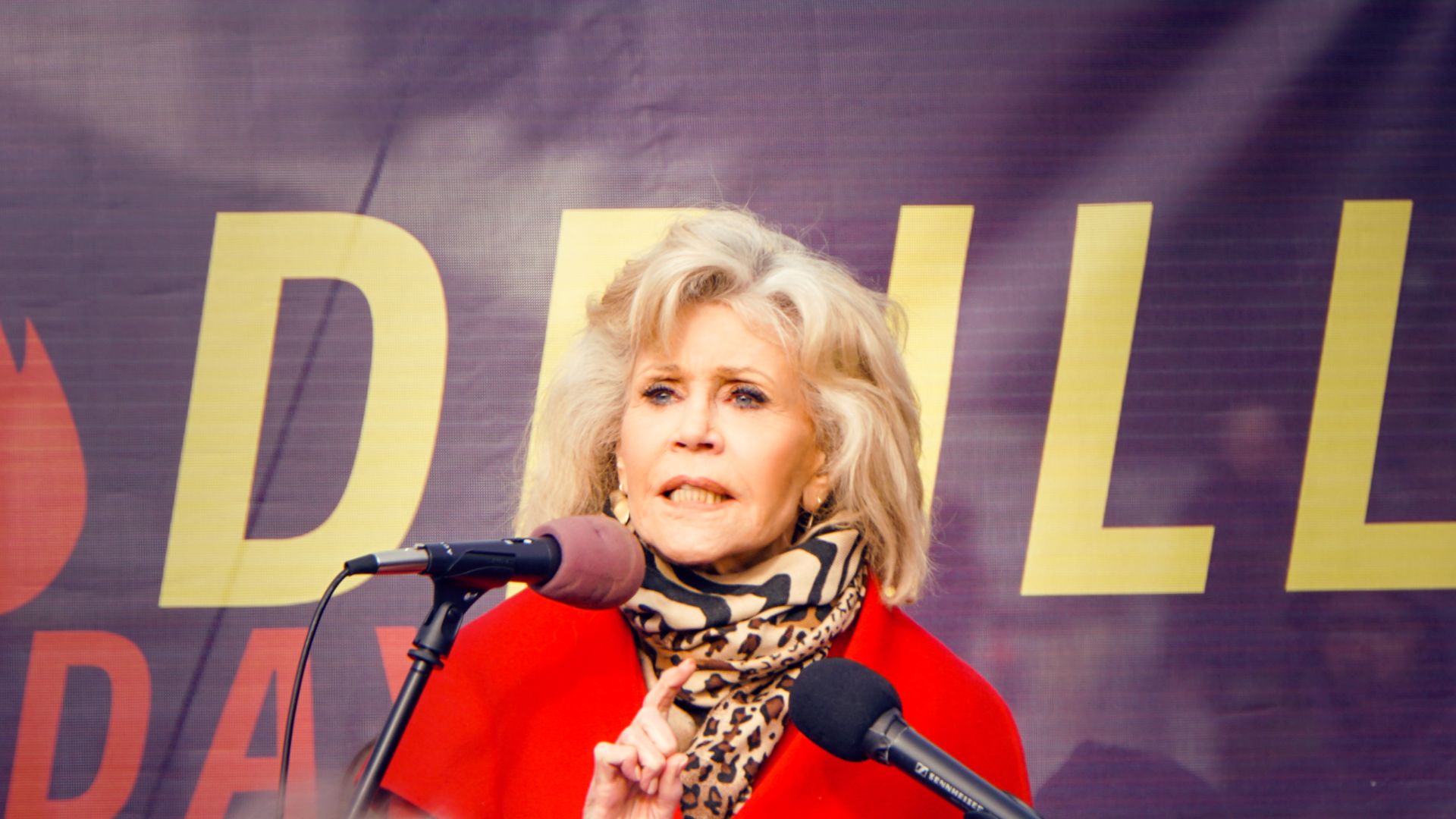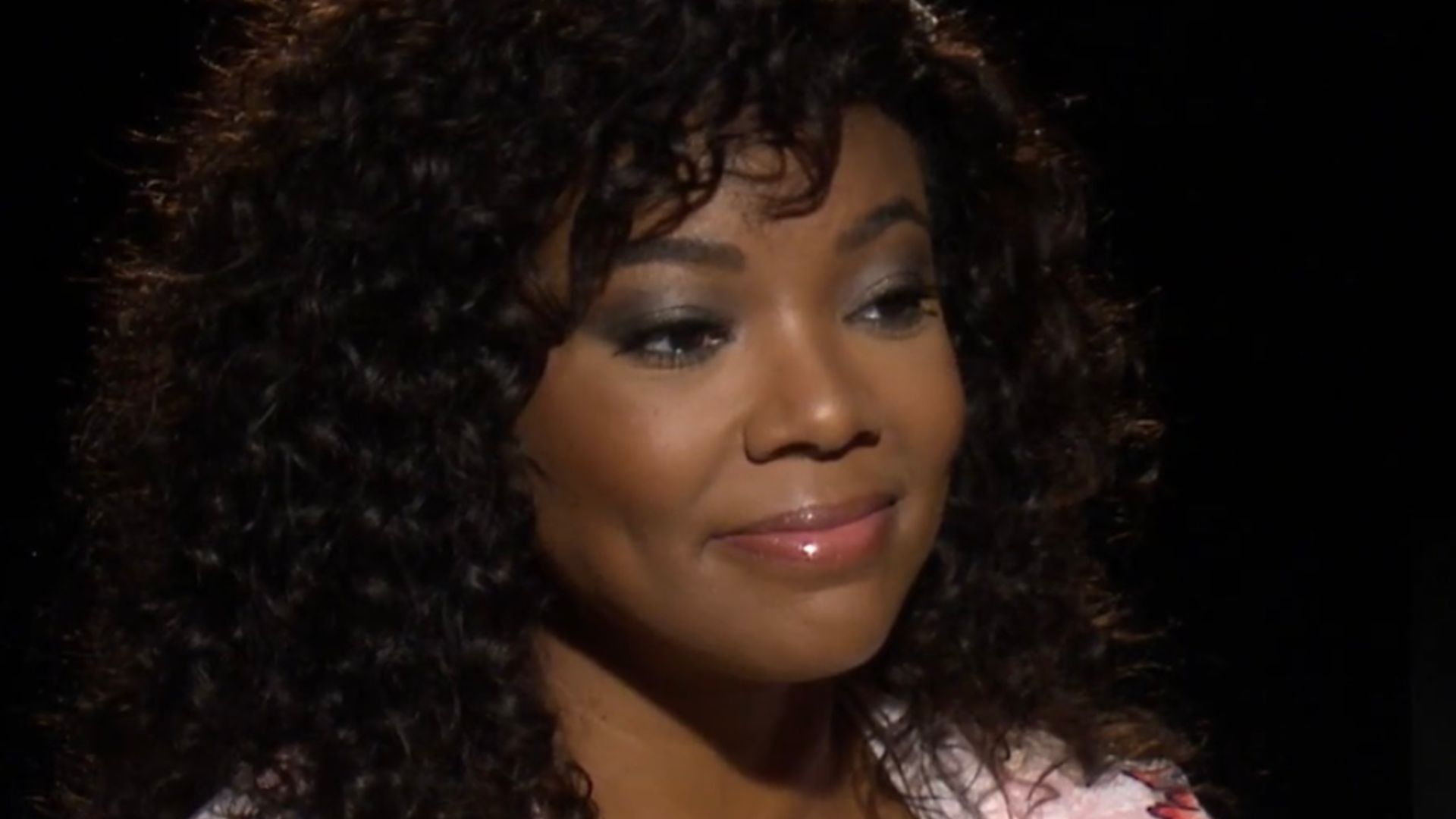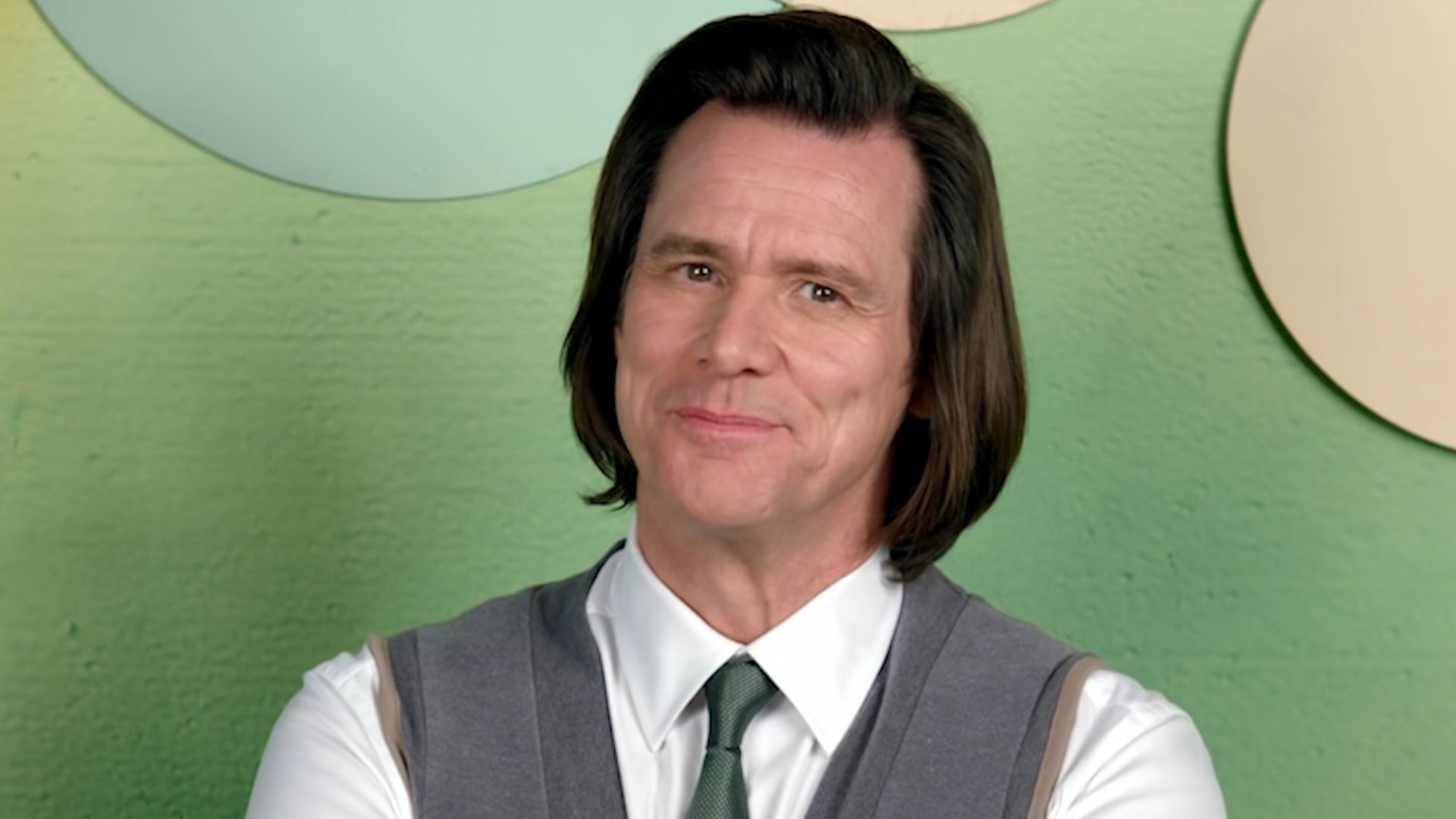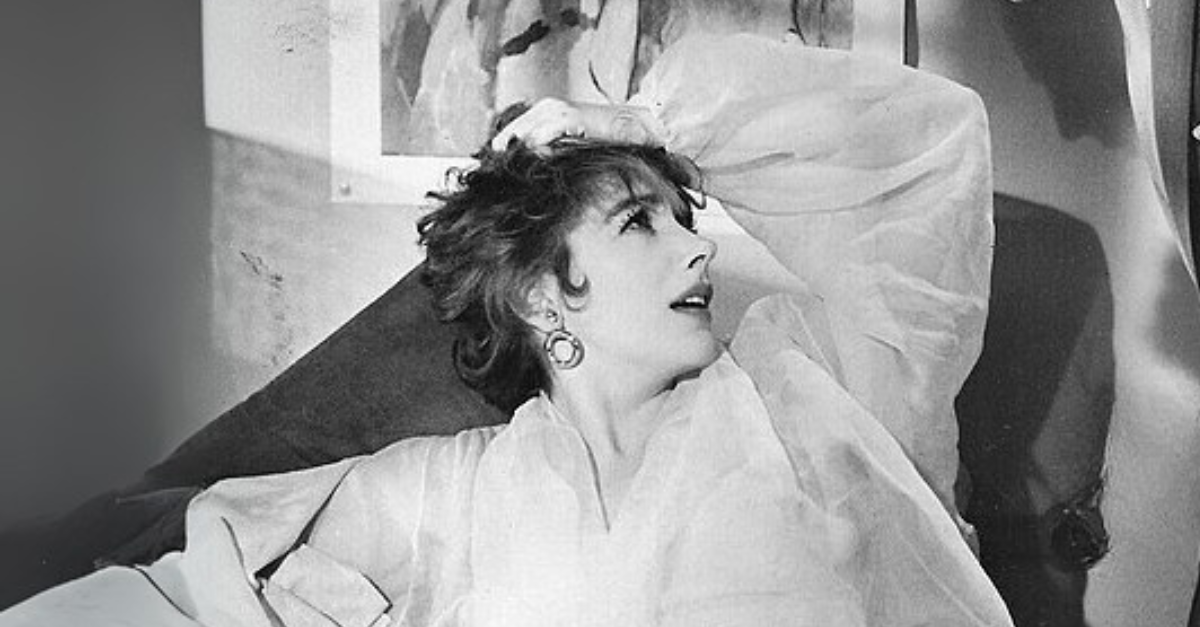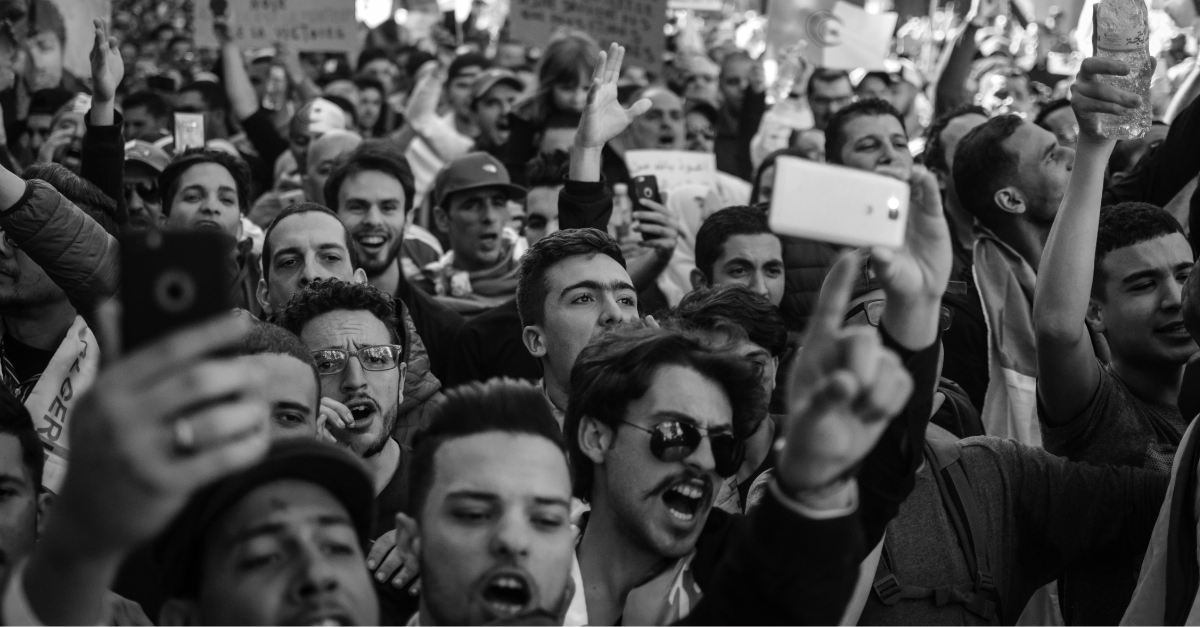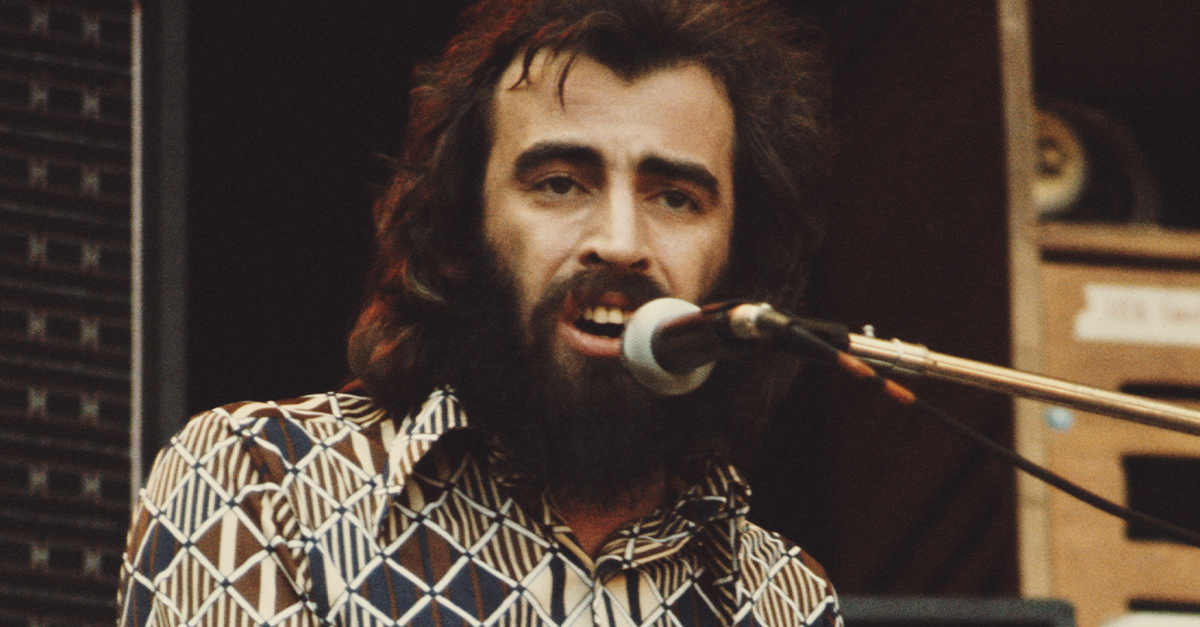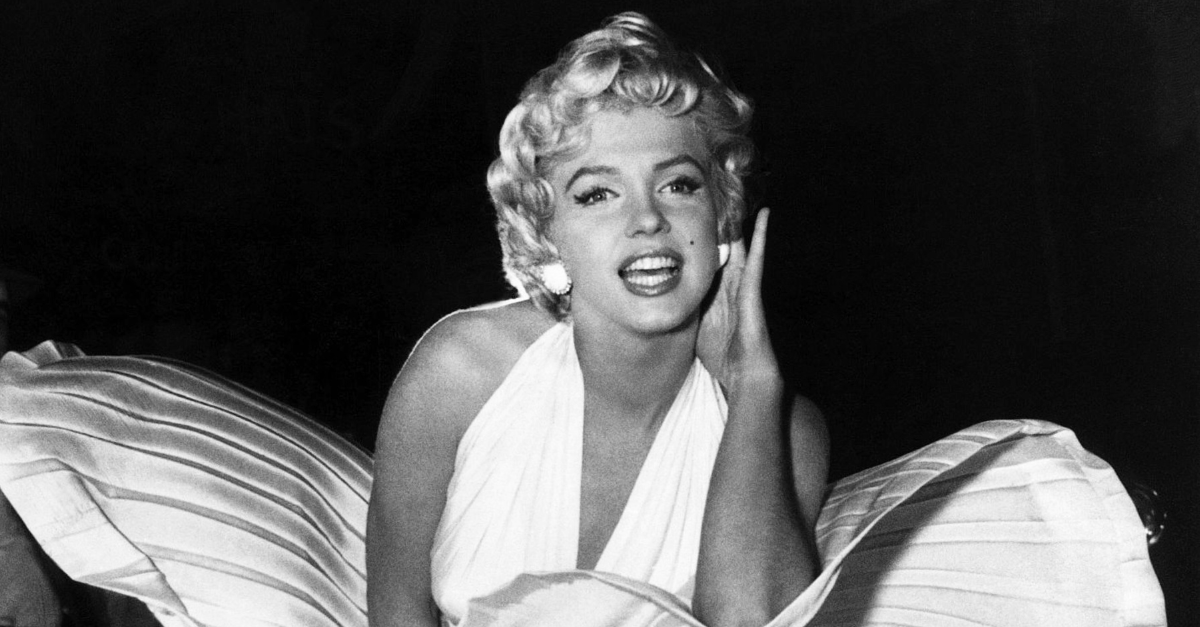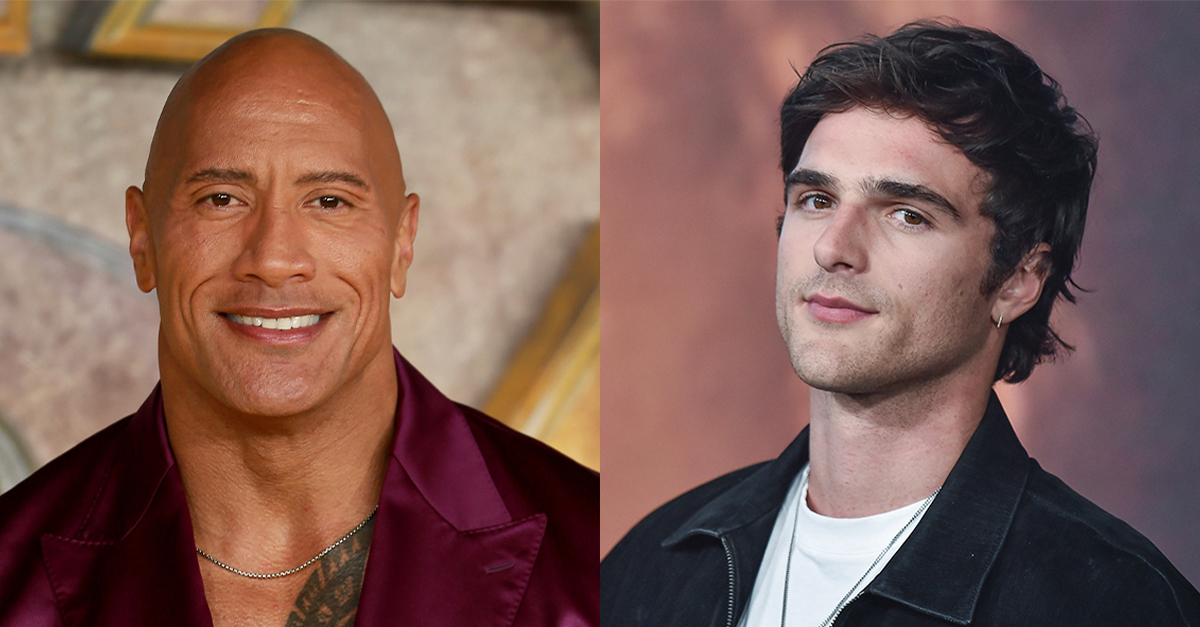Revealing The Truth Behind Hollywood’s Shine
Hollywood’s glamour hides fractures few dare to talk about. But some actors stepped into the storm, risking reputations to speak against exploitation, inequality, bias, and corruption. While their actions vary in impact, they highlight ongoing debates.
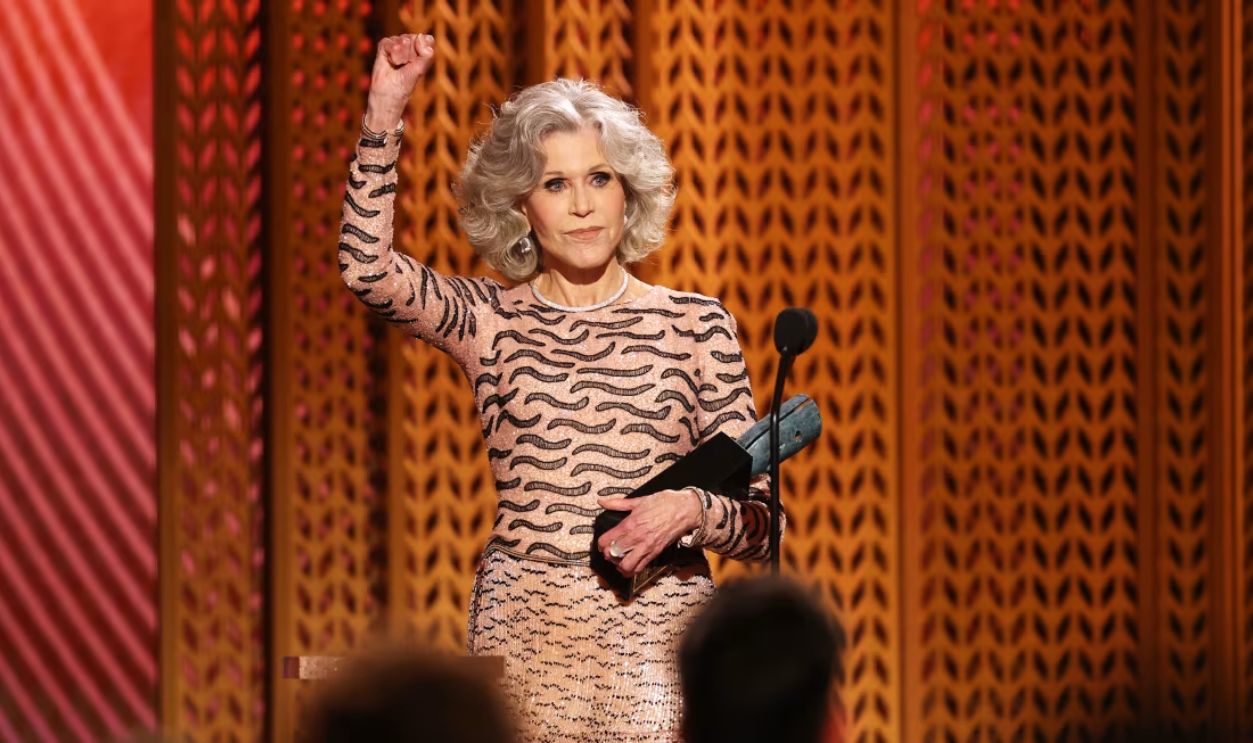
Charlize Theron
Following the Sony Pictures staff email leak in 2014, which revealed troubling pay gaps, Charlize Theron renegotiated her compensation to match that of her male counterparts. That act positioned her as a vocal proponent of fairness and inspired peers to demand equal pay for equal work.
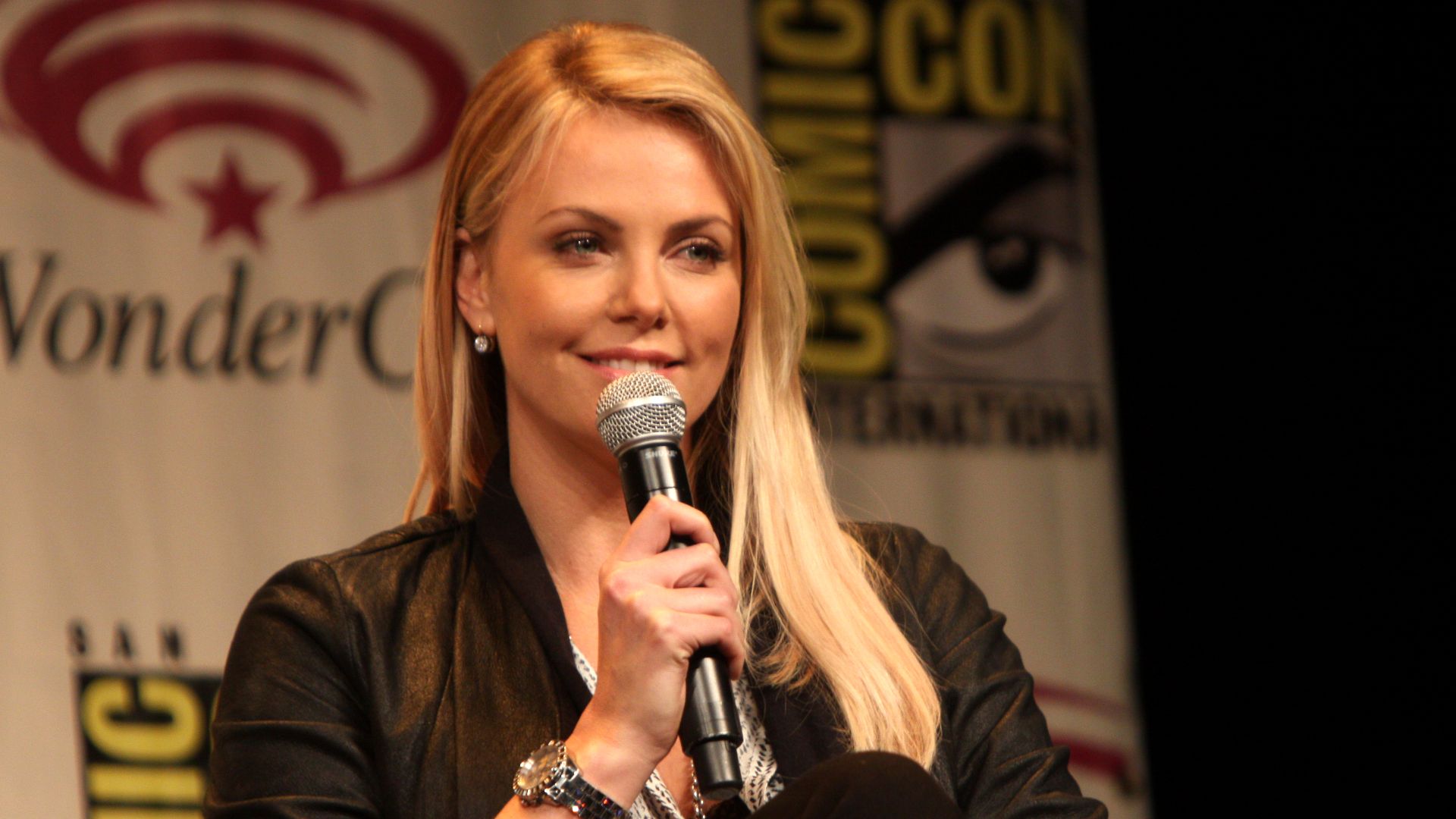 Gage Skidmore from Peoria, AZ, United States of America, Wikimedia Commons
Gage Skidmore from Peoria, AZ, United States of America, Wikimedia Commons
Sam Nivola
White Lotus actor Sam Nivola suggested that veteran performers’ reliance on cosmetic procedures can limit fresh casting opportunities for younger faces. His comments drew discussion about Hollywood’s fixation on appearance. Nivola, still early in his career, continues to balance film roles with outspoken industry commentary.
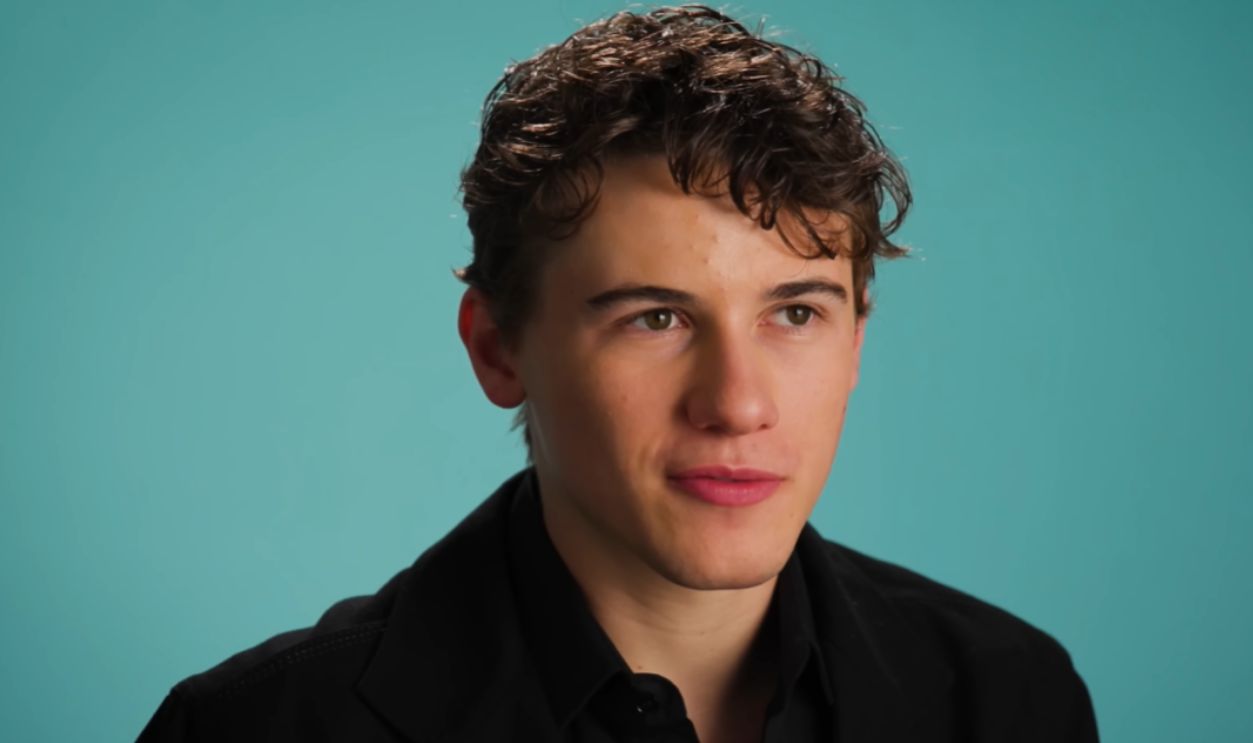 Sam Nivola on 'The White Lotus', British snacks & his favorite NYC spots | This or That by Variety
Sam Nivola on 'The White Lotus', British snacks & his favorite NYC spots | This or That by Variety
Macaulay Culkin
After his meteoric rise in Home Alone, Macaulay Culkin dealt with intense pressure from family and Hollywood expectations. He later stepped away from acting to reclaim privacy and stability. His reflections highlight the emotional toll child celebrities endure under sudden fame.
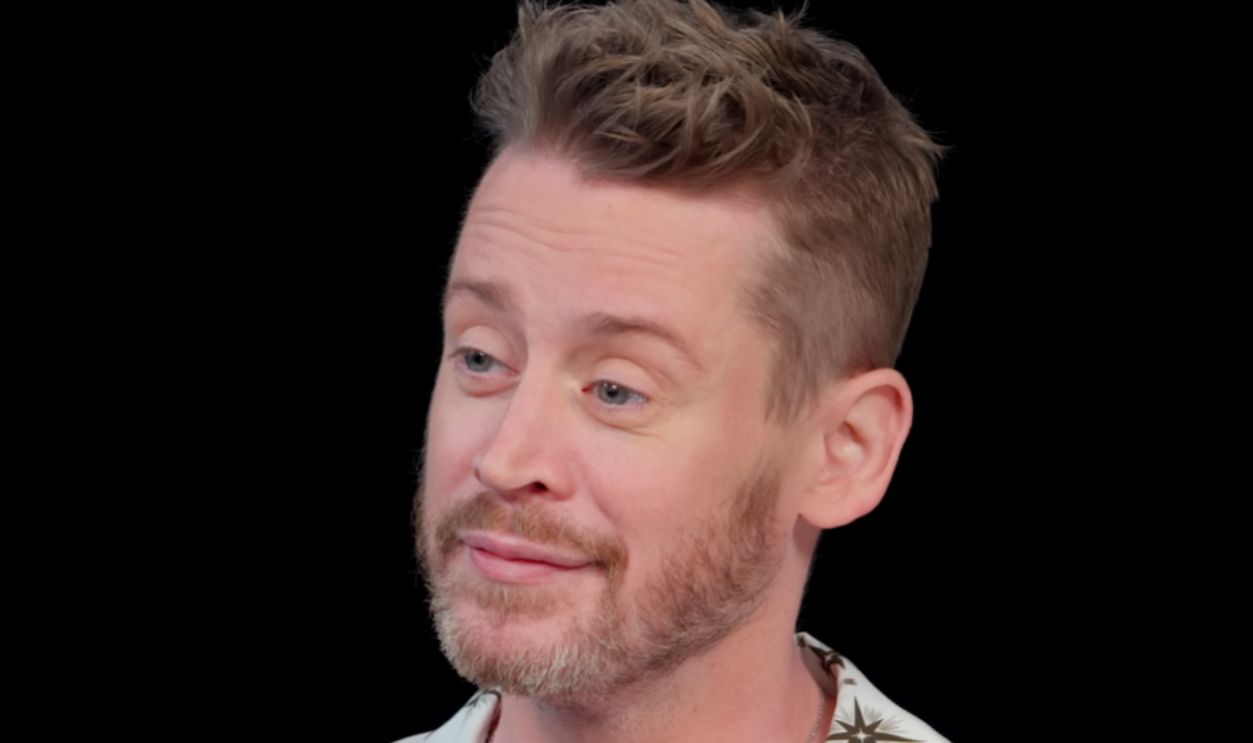 Macaulay Culkin Is Up For a Goof While Eating Spicy Wings | Hot Ones by First We Feast
Macaulay Culkin Is Up For a Goof While Eating Spicy Wings | Hot Ones by First We Feast
Kirk Douglas
In 1960, Douglas risked his reputation by crediting blacklisted screenwriter Dalton Trumbo on Spartacus. His act signaled Hollywood’s first crack in the blacklist. The breakthrough reverberated: the film became historic, and Douglas’s gesture remains a defining moment of principled activism.
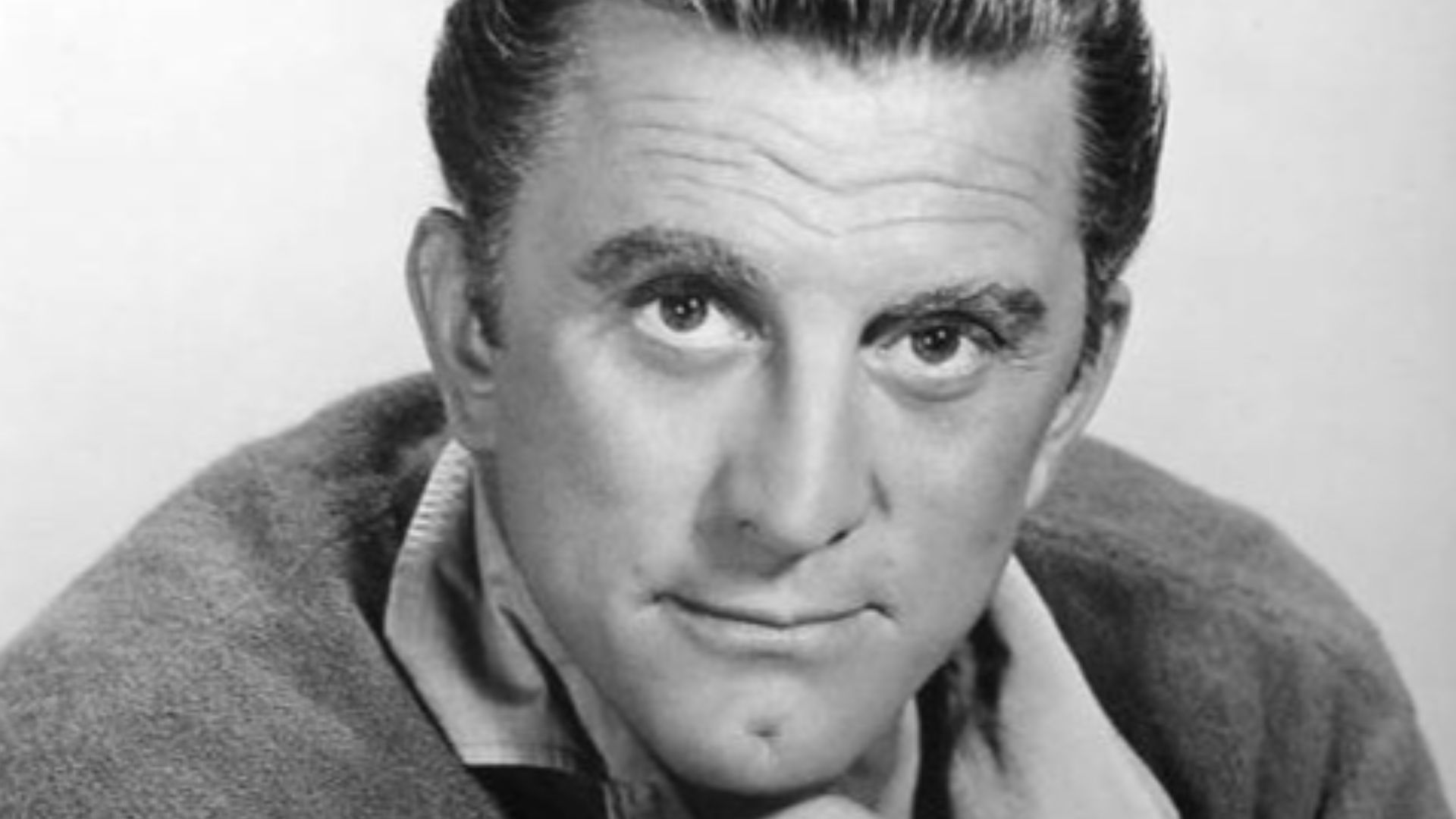 Unknown authorUnknown author, Wikimedia Commons
Unknown authorUnknown author, Wikimedia Commons
Brooke Shields
Brooke Shields’s early career—including Pretty Baby at age 12—exposed her to scripted roles emphasizing beauty over agency, which didn’t take her mental or emotional well-being into consideration. In her 2023 documentary, she revealed how these experiences suppressed her voice, sparking public discourse on childhood exploitation in entertainment.
Dave Chappelle
Since the early 2020s, comedian Dave Chappelle has alleged he was excluded from certain Hollywood honors due to backlash over his Netflix specials’ treatment of transgender topics. While divisive and accused of transphobia, he continues to sell out tours and release specials while maintaining a loyal audience despite criticism and awards snubs.
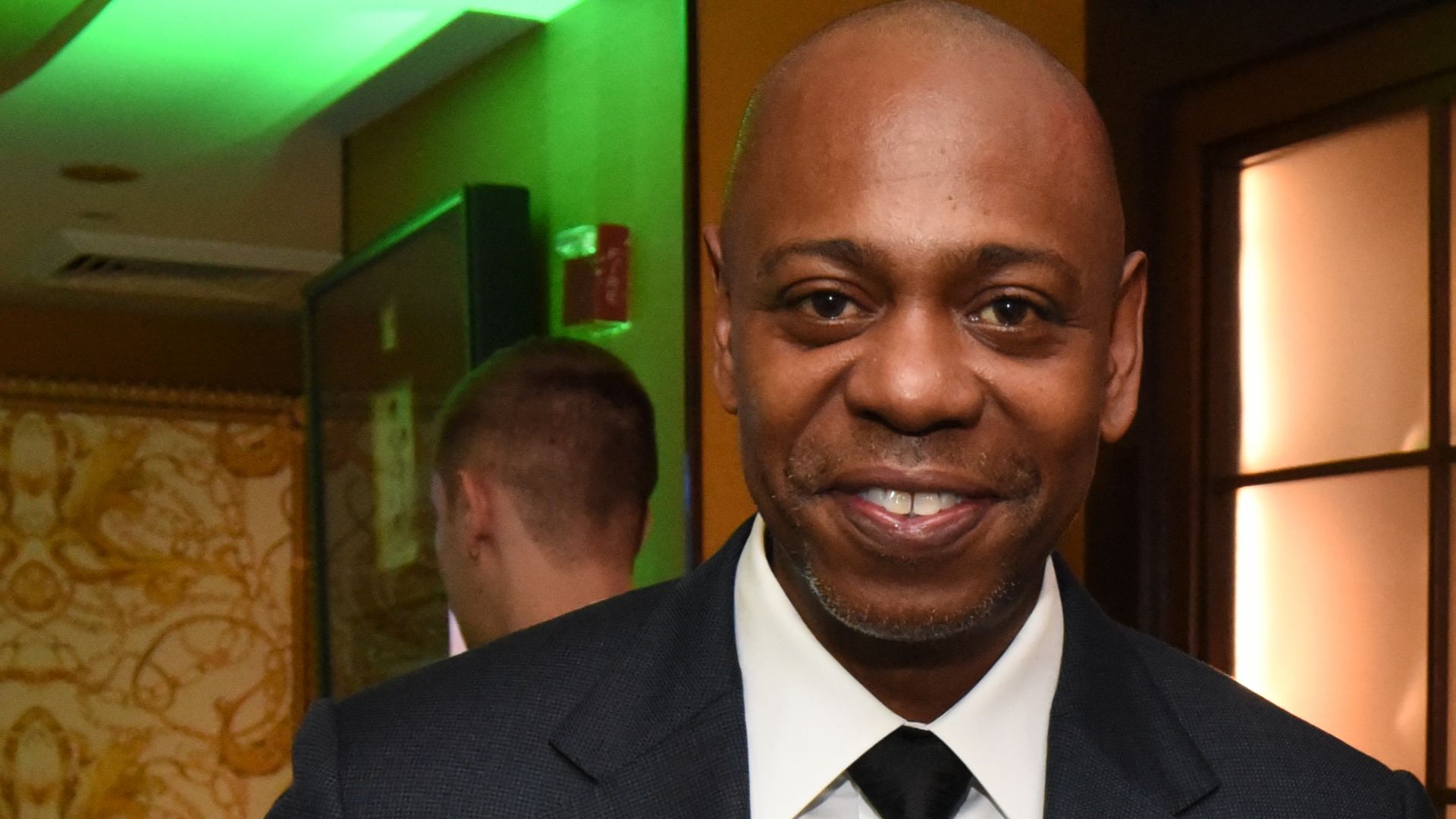 Maryland GovPics, Wikimedia Commons
Maryland GovPics, Wikimedia Commons
Sharon Stone
Despite her success in Basic Instinct, Sharon Stone has dealt with restrictive roles and unwanted advances since the 1990s. In a 2021 memoir, she recounted confrontations with producers. Stone now works selectively, focusing on advocacy for women’s rights and philanthropic causes alongside her acting projects.
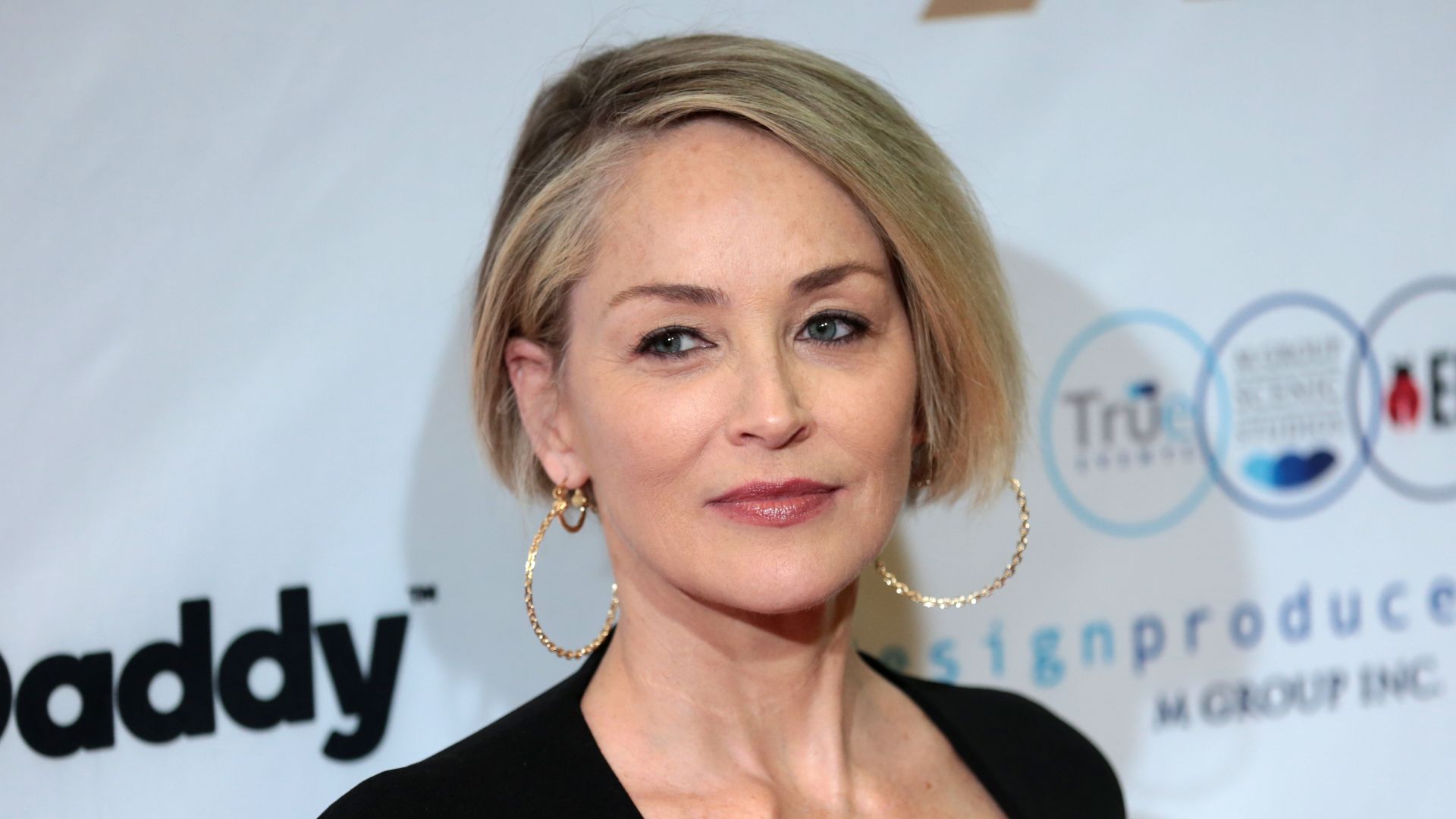 Gage Skidmore from Peoria, AZ, United States of America, Wikimedia Commons
Gage Skidmore from Peoria, AZ, United States of America, Wikimedia Commons
Shirley Temple
Shirley Temple’s outstanding early fame came under tight studio control. At age three, she starred in up to ten major films per year and was isolated from her peers. She later endured strict punishment for misbehaving on set. The actress later spoke about her childhood and how she was dominated by performance demands.
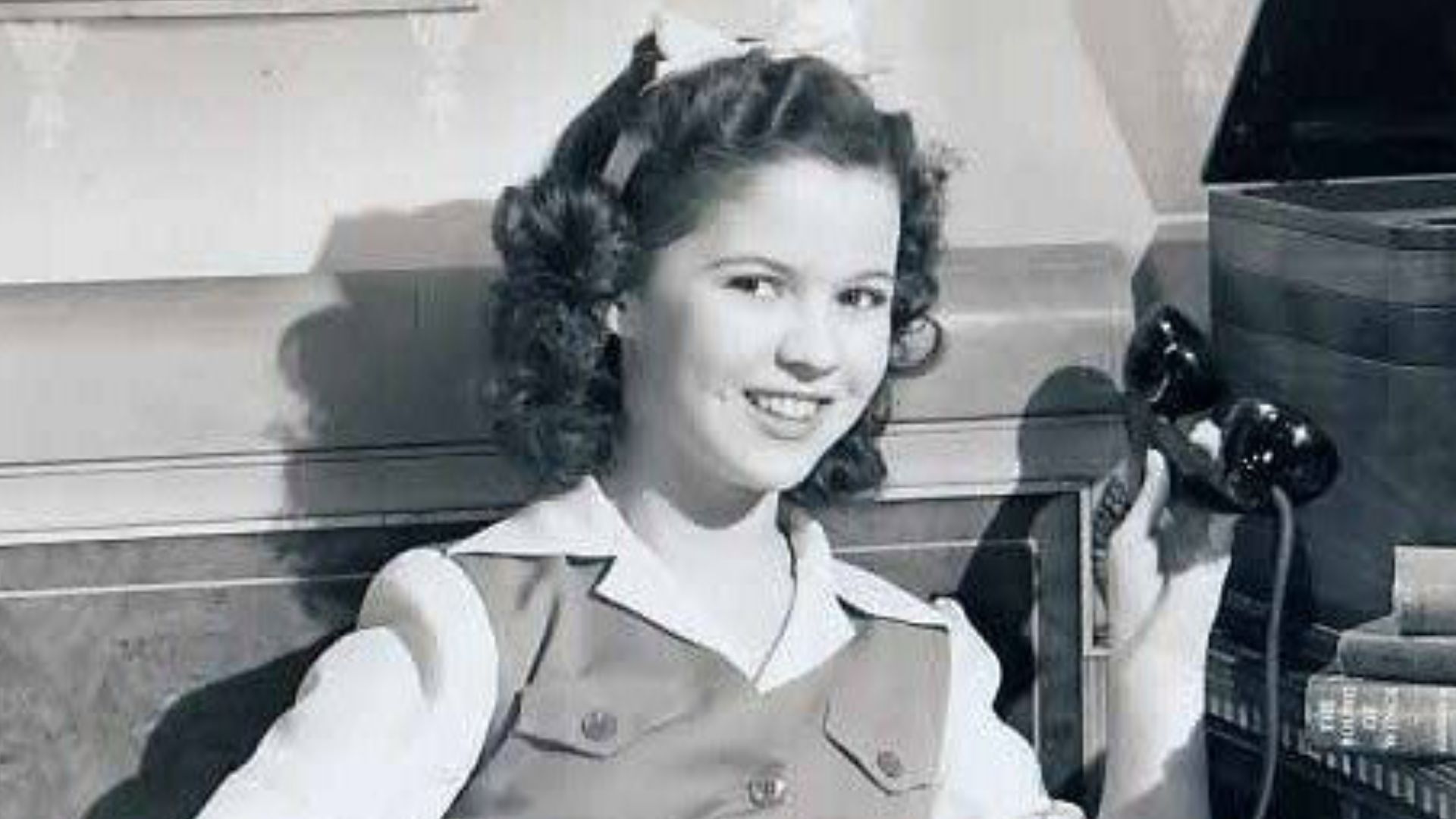 United Artists press photo, Wikimedia Commons
United Artists press photo, Wikimedia Commons
Ricky Gervais
At the Golden Globes, Ricky Gervais delivered scathing monologues about hypocrisy and self-importance in Hollywood, which made some uncomfortable. Recently, at his Walk of Fame induction, he claimed he “helped defeat cancel culture,” a view debated amid ongoing free speech discussions.
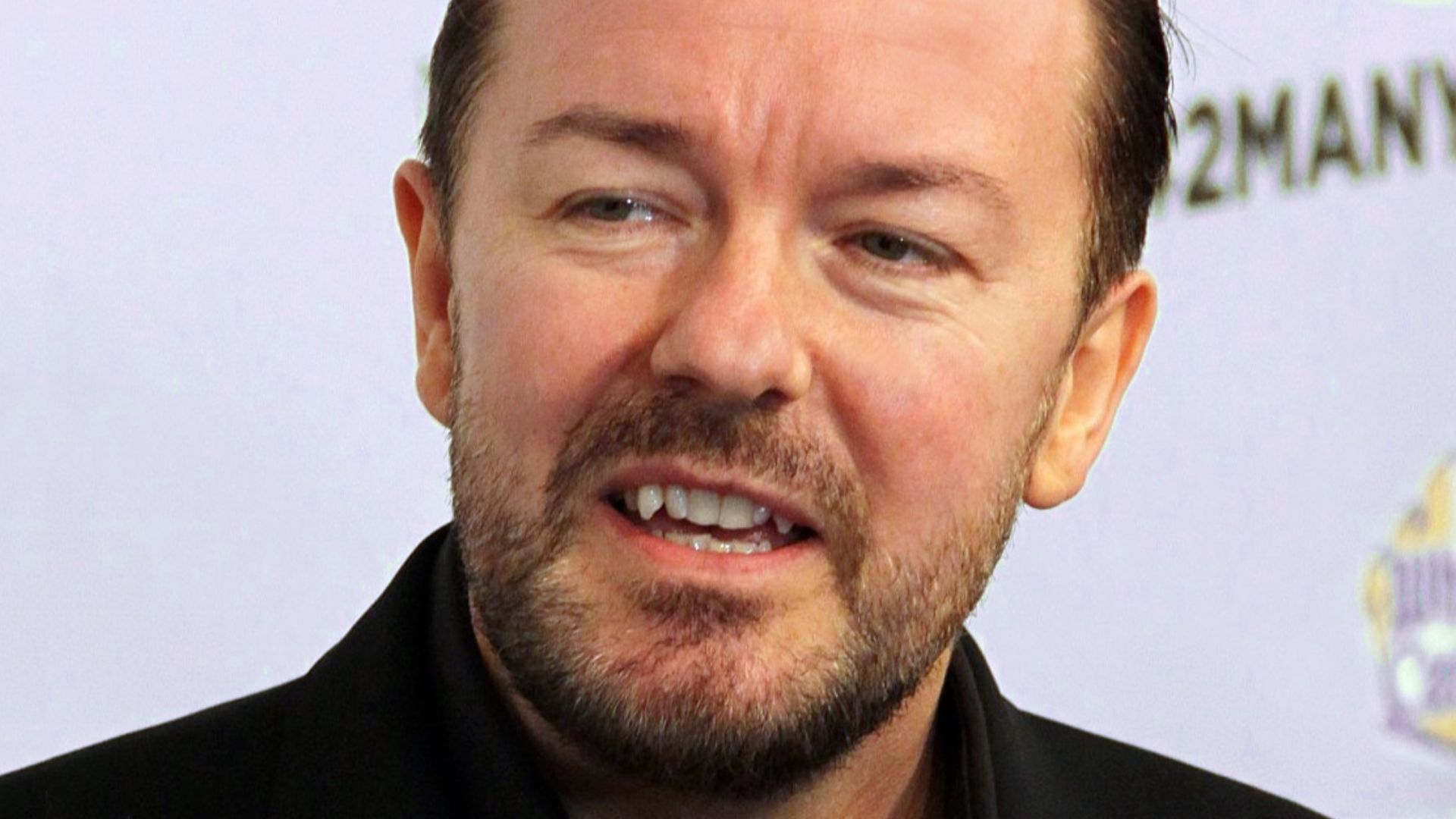 Thomas Atilla Lewis at https://www.flickr.com/people/51761894@N00, Wikimedia Commons
Thomas Atilla Lewis at https://www.flickr.com/people/51761894@N00, Wikimedia Commons
Kate Beckinsale
British-born Underworld actress Kate Beckinsale has described incidents of harassment by older male colleagues and powerful figures during her early Hollywood years in the late 1990s and early 2000s. Speaking publicly during the #MeToo movement, she continues acting in films and television while supporting anti-harassment initiatives.
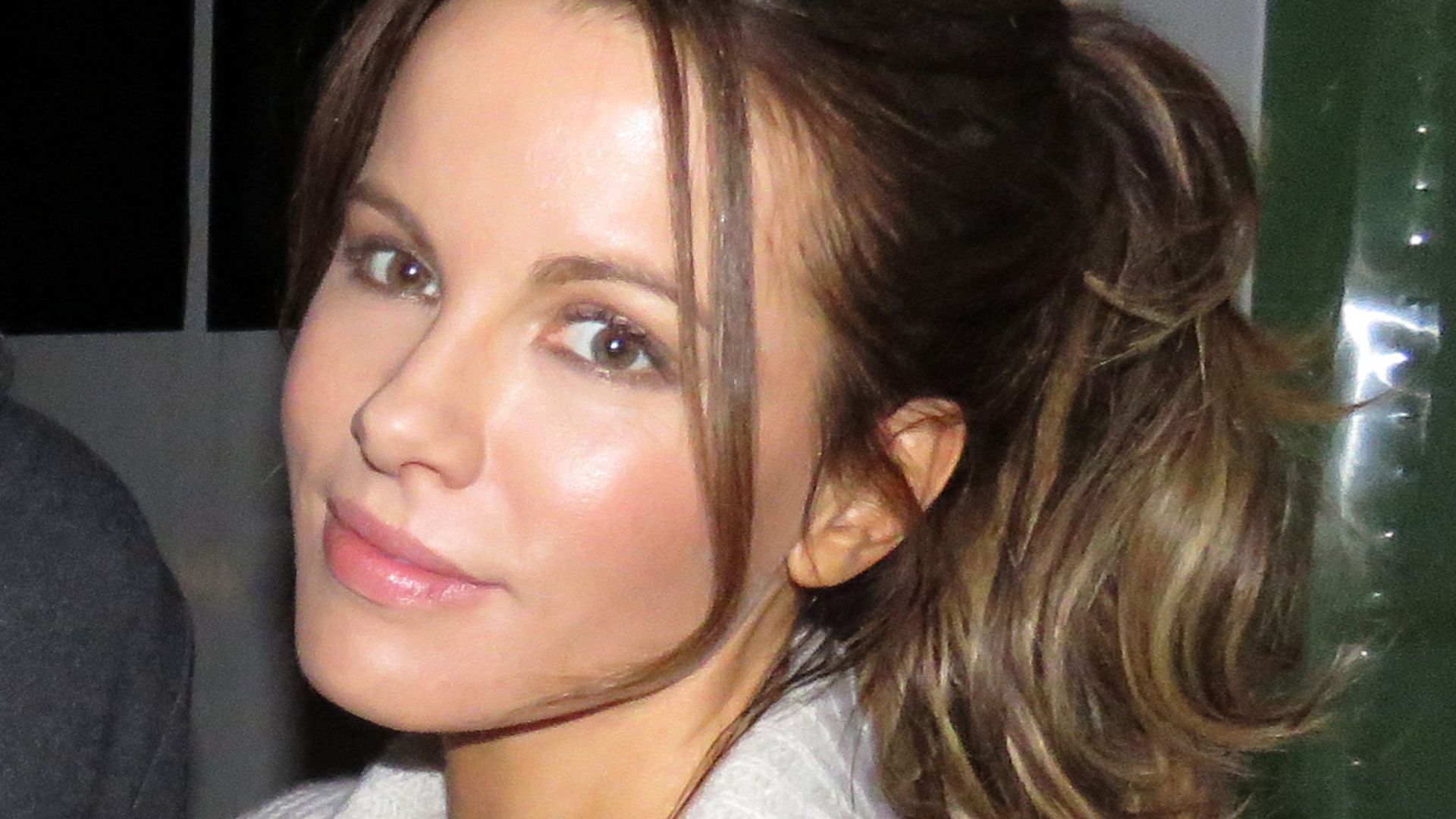 https://www.flickr.com/photos/greg2600, Wikimedia Commons
https://www.flickr.com/photos/greg2600, Wikimedia Commons
Olivia Colman
In a 2024 interview, Oscar-winner Olivia Colman noted she would earn more “if I were Oliver Colman,” highlighting persistent pay gaps. Known for The Favourite and The Crown, her candid remark spurred renewed debate on industry wages. Colman remains a sought-after performer in both British and American productions.
Terry Crews
Known for his comedy roles, Terry Crews spoke about how a Hollywood agent made unwanted advances against him in 2016. He later testified before the Senate and was named a Time Magazine “Silence Breaker,” urging men to hold each other accountable. He’s one of Hollywood’s few male survivors to go public and talk about toxic masculinity.
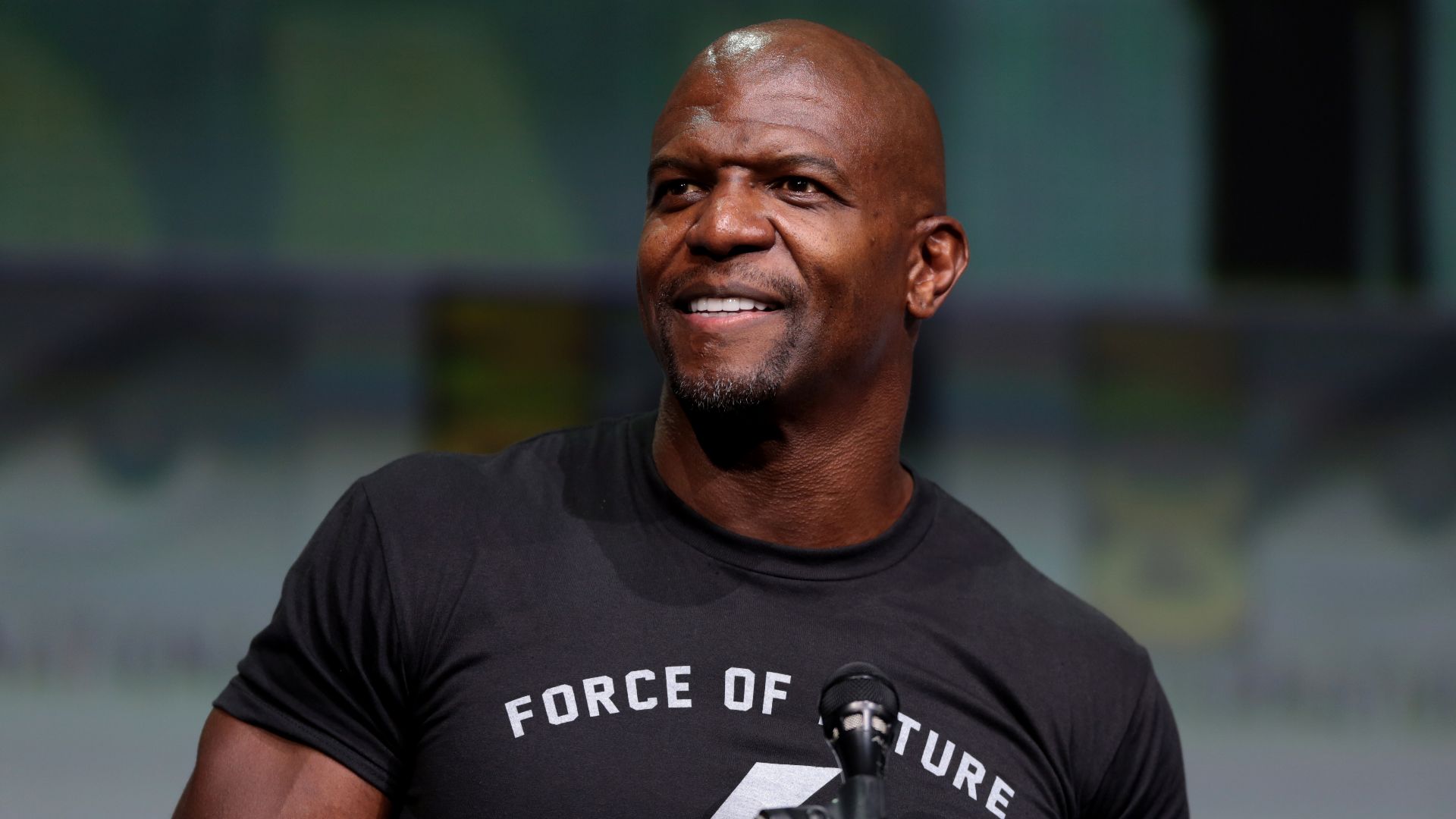 Gage Skidmore from Peoria, AZ, United States of America, Wikimedia Commons
Gage Skidmore from Peoria, AZ, United States of America, Wikimedia Commons
Natalie Portman
With years in the industry, Oscar-winner Natalie Portman labeled Hollywood’s gender pay disparity “crazy" in 2017. She explained that she earned nearly one-third of Ashton Kutcher’s rate for No Strings Attached. Her criticism spotlighted the persistent undervaluation of female actors industry-wide.
Taraji P Henson
Pay inequality, notably during The Color Purple, made Taraji P Henson question continuing in Hollywood. She described emotional turmoil over being undervalued despite her success. These outcries fueled public awareness of systemic disparities and strengthened calls for fair compensation across diverse talent.
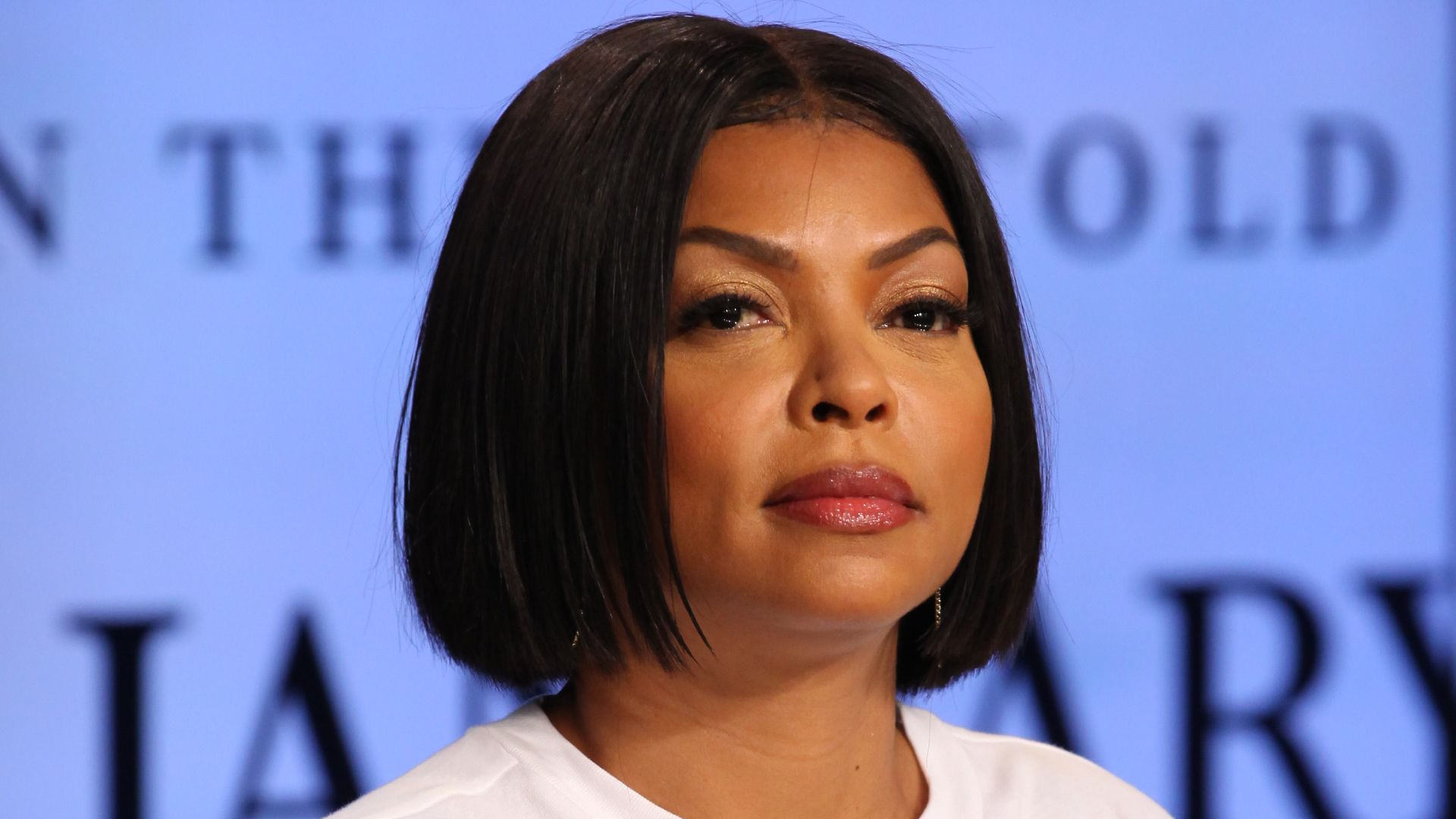 Kim Shiflett, Wikimedia Commons
Kim Shiflett, Wikimedia Commons
Jane Fonda
Upon receiving the SAG Life Achievement Award, Jane Fonda urged actors to focus on empathy and union power as bulwarks against current political threats. She reflected on resisting McCarthyism in the late 1950s and argued that empathy is a strength. Fonda reaffirmed her lifetime commitment to solidarity over decades.
Brendan Fraser
Brendan Fraser disclosed that in 2003, he was forcibly groped by Philip Berk, former HFPA president. This led him to withdraw from glitzy roles and distrust the industry’s elite. For years, he wasn’t hired, and in 2022, he openly boycotted the Golden Globes, stating, “My mother didn’t raise a hypocrite”.
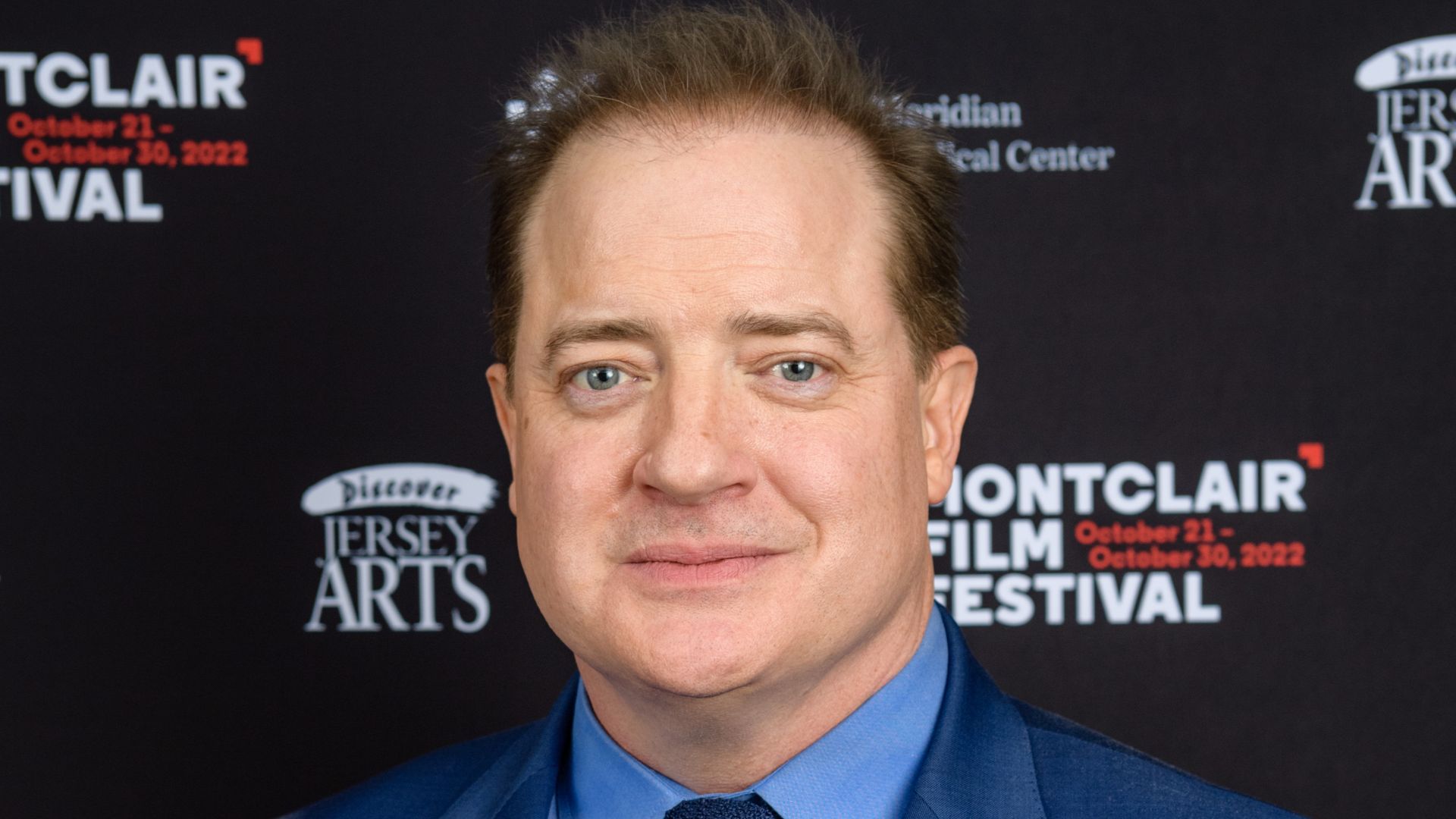 Montclair Film, Wikimedia Commons
Montclair Film, Wikimedia Commons
Marlon Brando
In 1973, Marlon Brando refused his Best Actor Oscar for The Godfather, sending Sacheen Littlefeather to decline it for him—protesting Hollywood’s misrepresentation of Native Americans in a controversial moment. It was later complicated by revelations that Littlefeather falsely claimed Native ancestry, yet the moment remains a landmark in awards-stage activism.
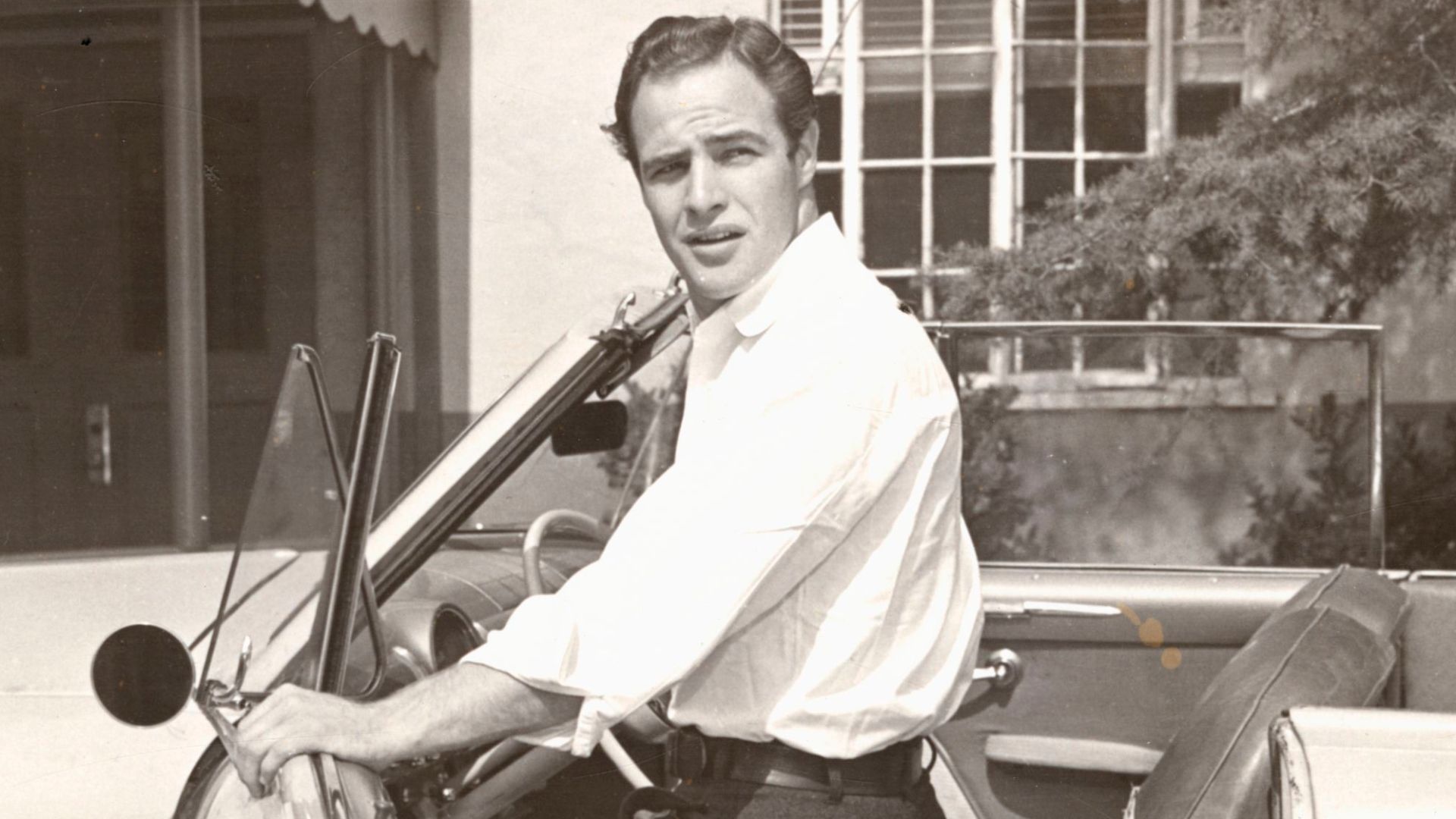 Unknown authorUnknown author, Wikimedia Commons
Unknown authorUnknown author, Wikimedia Commons
Richard Dreyfuss
Fired by new inclusion standards for Best Picture nominations, Richard Dreyfuss famously told “Firing Line,” “They make me vomit”. In 2023, he opposed diversity quotas at the Oscars, voicing concerns that art must not “be told what to make.” His words ignited debate about representation and creative freedom, though critics called it dismissive of inclusion efforts.
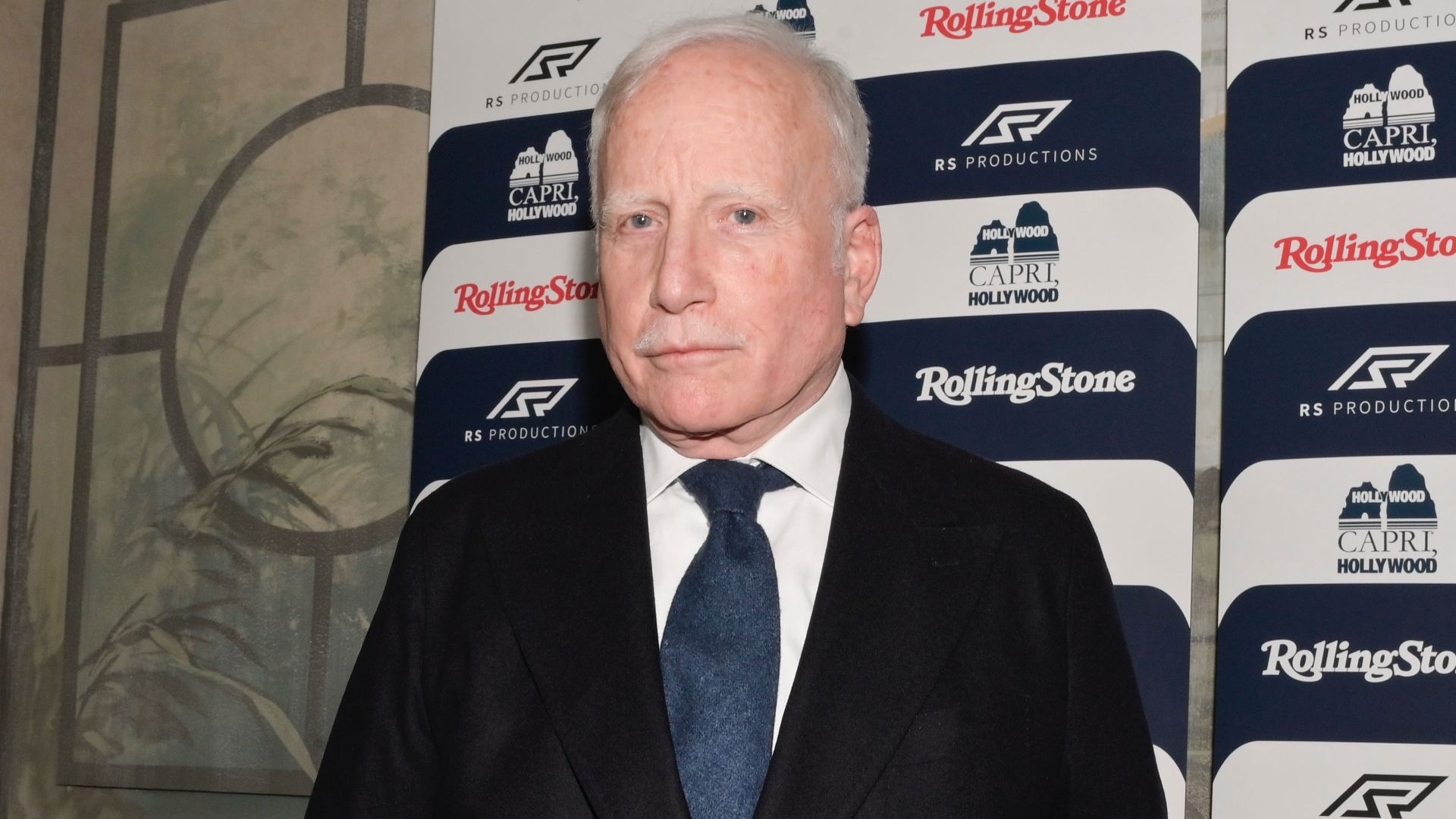 DreyfussCivic, Wikimedia Commons
DreyfussCivic, Wikimedia Commons
Mo’Nique
Nearly two years after filing a 2019 lawsuit alleging racial and gender pay discrimination — notably that Netflix offered 40 times more to male peers — comedian Mo’Nique and the streamer settled in mid-2022. Though terms are confidential, her case spotlighted systemic inequity in comedy specials.
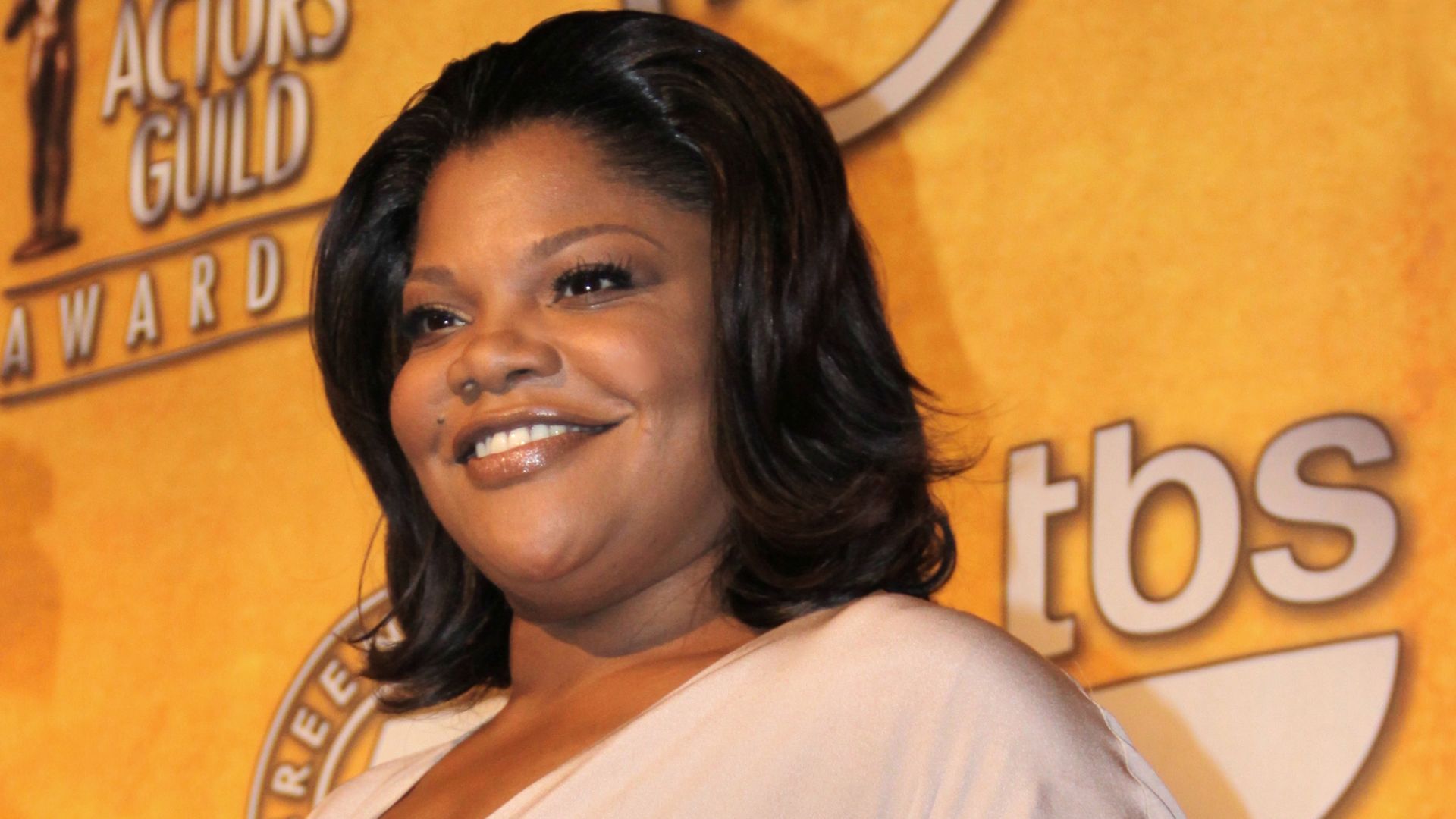 Thomas Attila Lewis, Wikimedia Commons
Thomas Attila Lewis, Wikimedia Commons
Noah Wyle
As the 2023 WGA and SAG‑AFTRA strikes unfolded, Noah Wyle stood in solidarity on picket lines, urging fair treatment for below‑the‑line crews. His advocacy during The Pitt era emphasized industry-wide morale and equitable labor conditions, reasserting the importance of reciprocity in Hollywood.
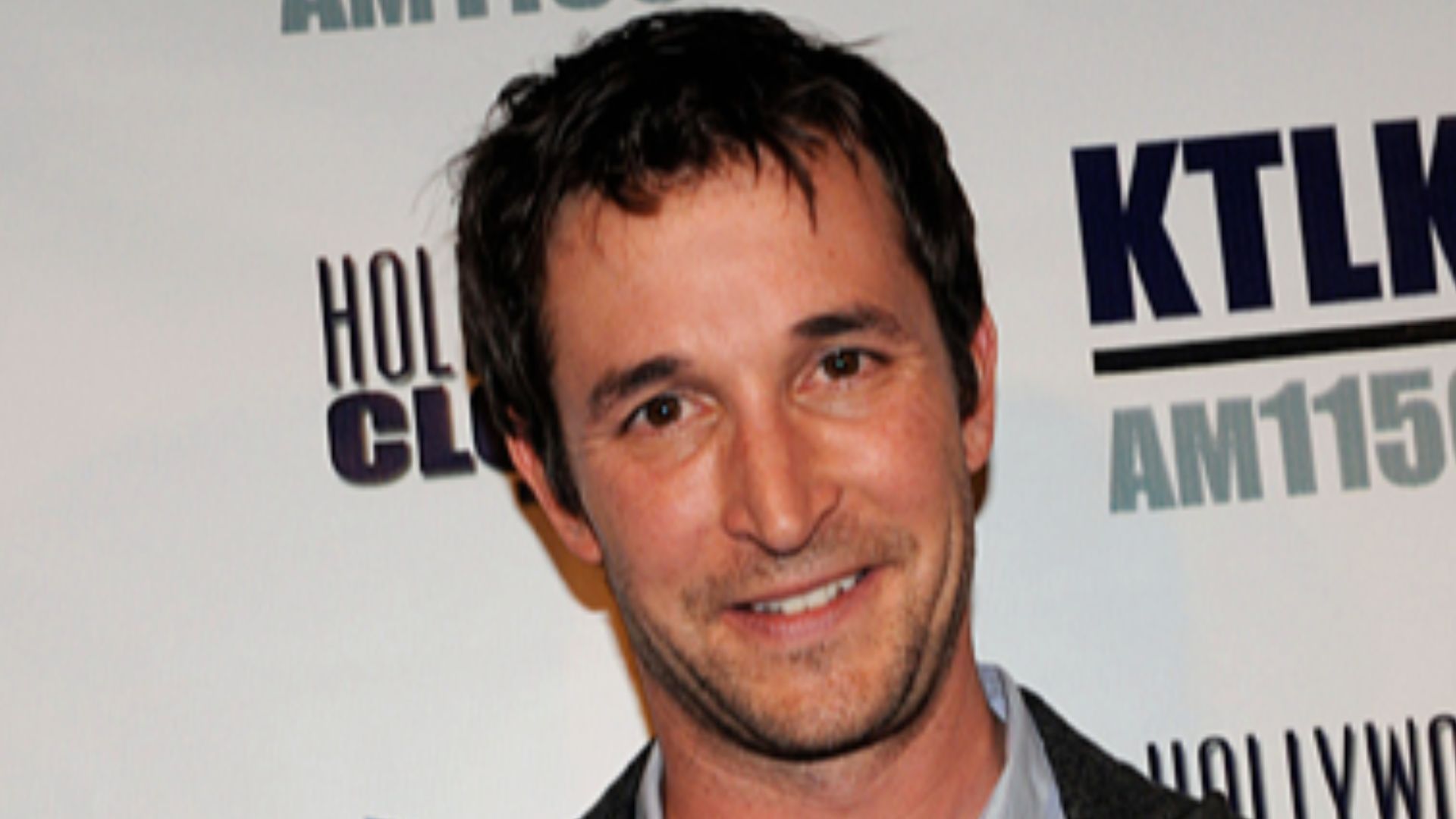 CODEPINK Women For Peace, Wikimedia Commons
CODEPINK Women For Peace, Wikimedia Commons
Rita Moreno
At age 89, Moreno lamented in a 2021 Sundance interview that the stereotyping of Latinx performers remains unchanged. Her decades-spanning career—from West Side Story triumphs to present-day roles—continues to challenge erasure and demand authentic representation in Hollywood.
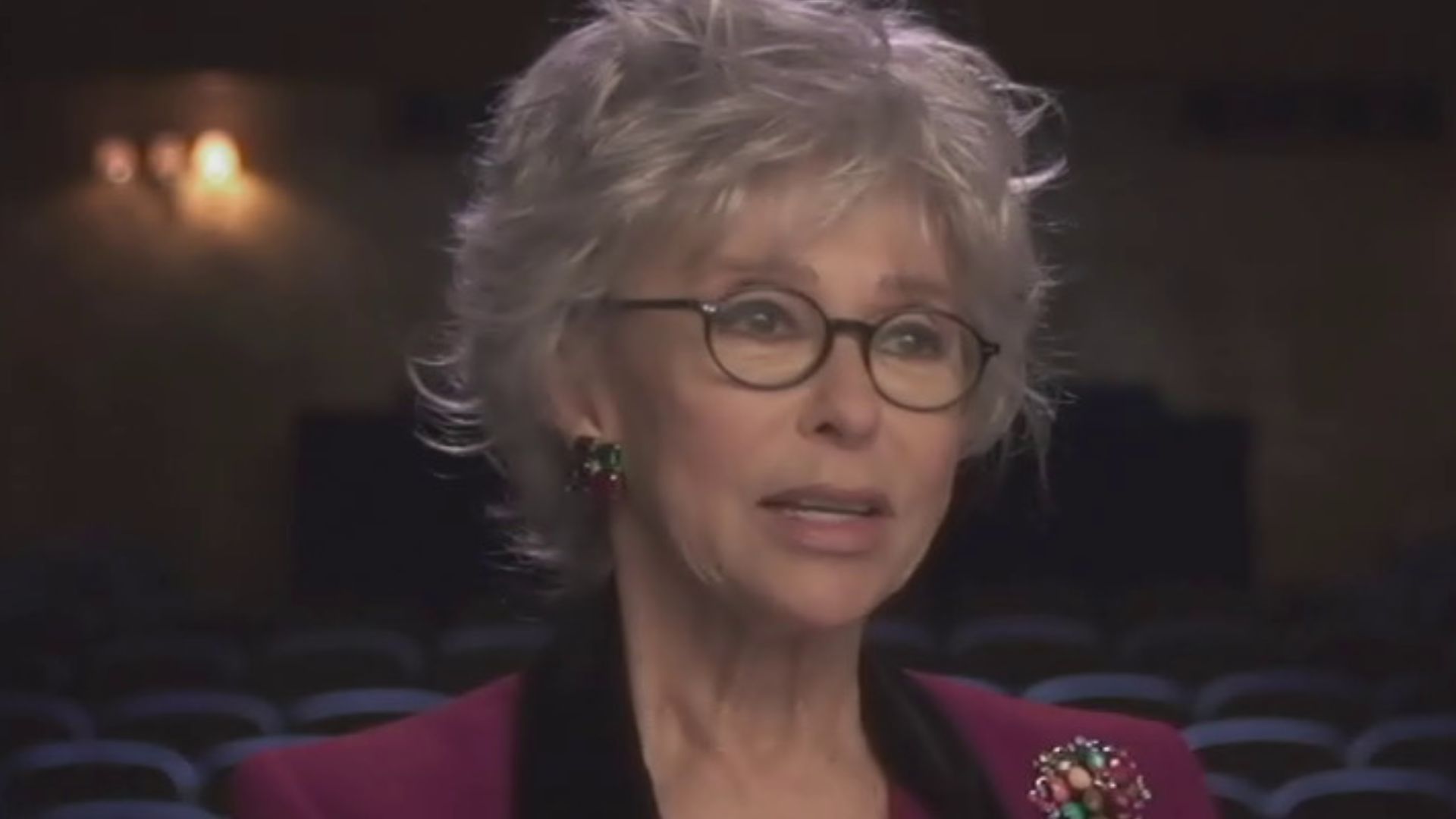 Peabody Awards, Wikimedia Commons
Peabody Awards, Wikimedia Commons
Drew Barrymore
Drew Barrymore’s career began at eleven months, thrusting her into fame and adult coping early. She often “parented” herself, later describing it as a car‑crash childhood marked by addiction and instability. Now a successful producer and talk‑show host, she often talks about those hard times.
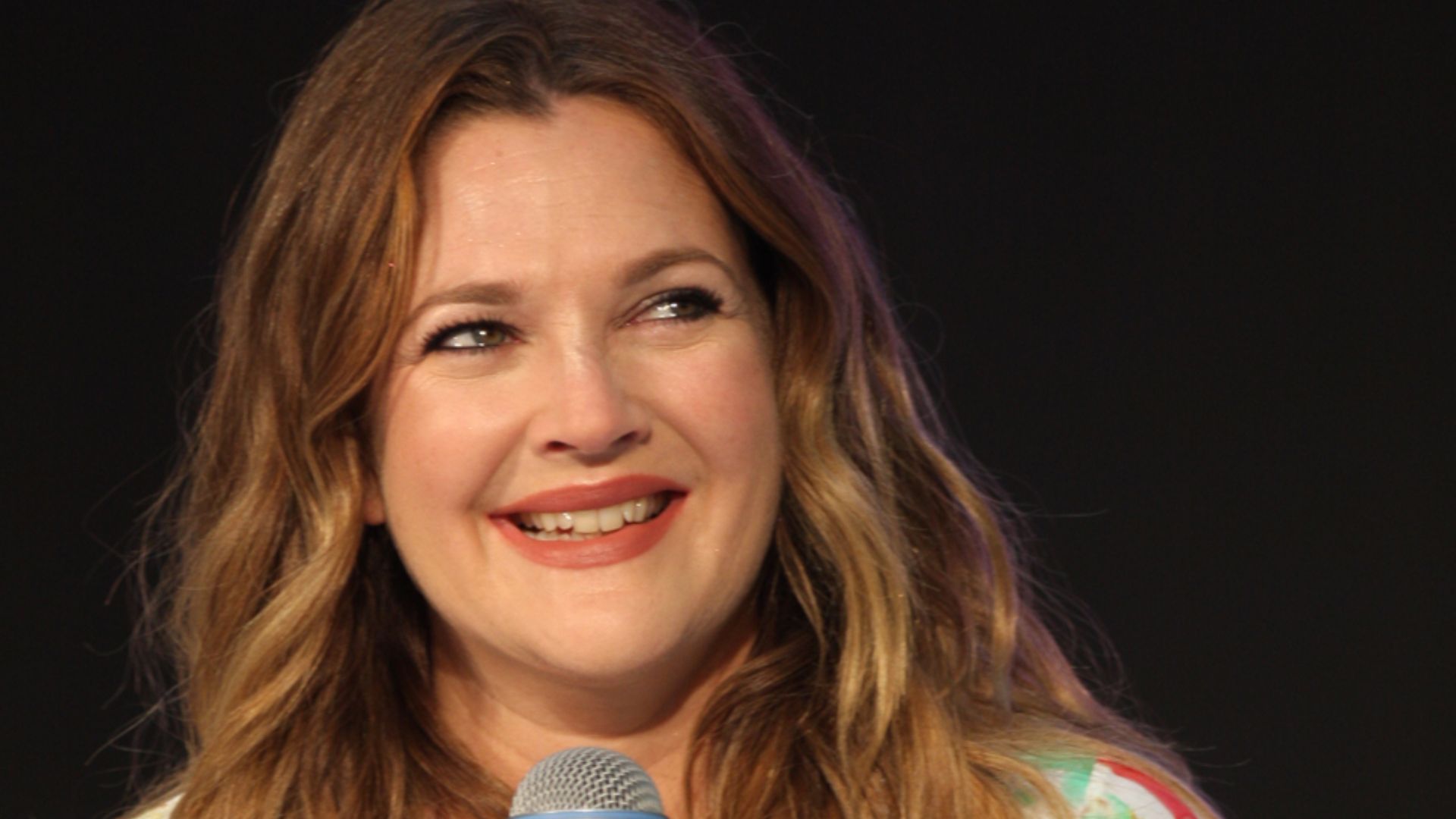 Eva Rinaldi, Wikimedia Commons
Eva Rinaldi, Wikimedia Commons
John Cusack
For years, John Cusack has long woven politics with his roles—from City Hall to War, Inc.—and in interviews has defended stepping into political discourse despite industry backlash. He talks about his struggles with Hollywood’s reluctance to embrace outspoken actors, which demonstrates systemic suppression of dissenting views.
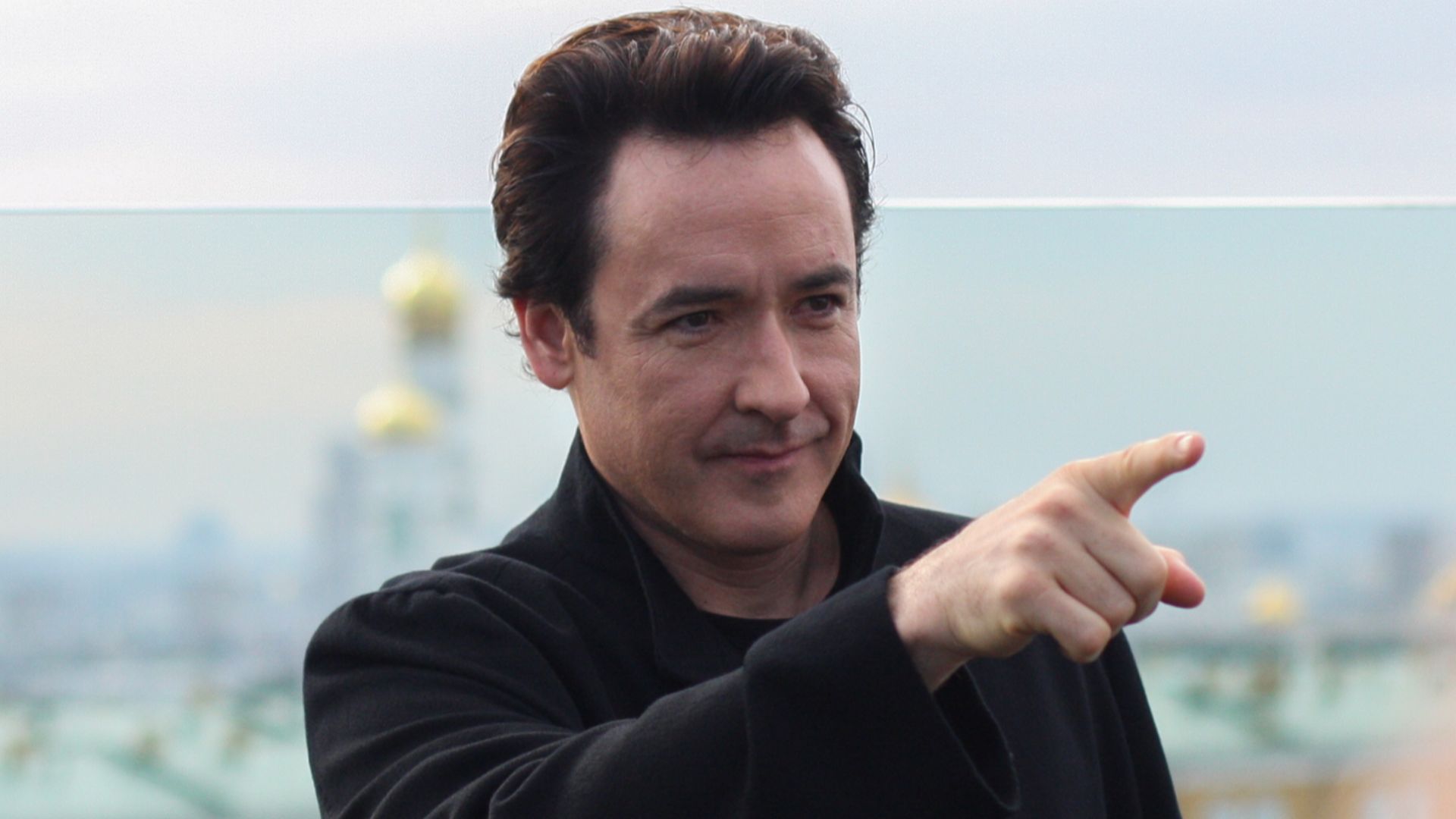 Mika Stetsovski, Wikimedia Commons
Mika Stetsovski, Wikimedia Commons
Gabrielle Union
In a candid 2021 conversation with The Skimm, Gabrielle Union acknowledged the shame many Black actresses feel over lower pay and advocated for full salary transparency. Her advocacy has resonated widely and inspired community-building among actresses negotiating equitable contracts.
Jim Carrey
Jim Carrey has always been critical of the industry and labeled Hollywood “spineless” after the audience’s standing ovation for Will Smith’s Oscars slap. He’s also expressed deep disillusionment with the industry’s corporate culture—confessing at one point that he “didn’t want to be in the business anymore”.

